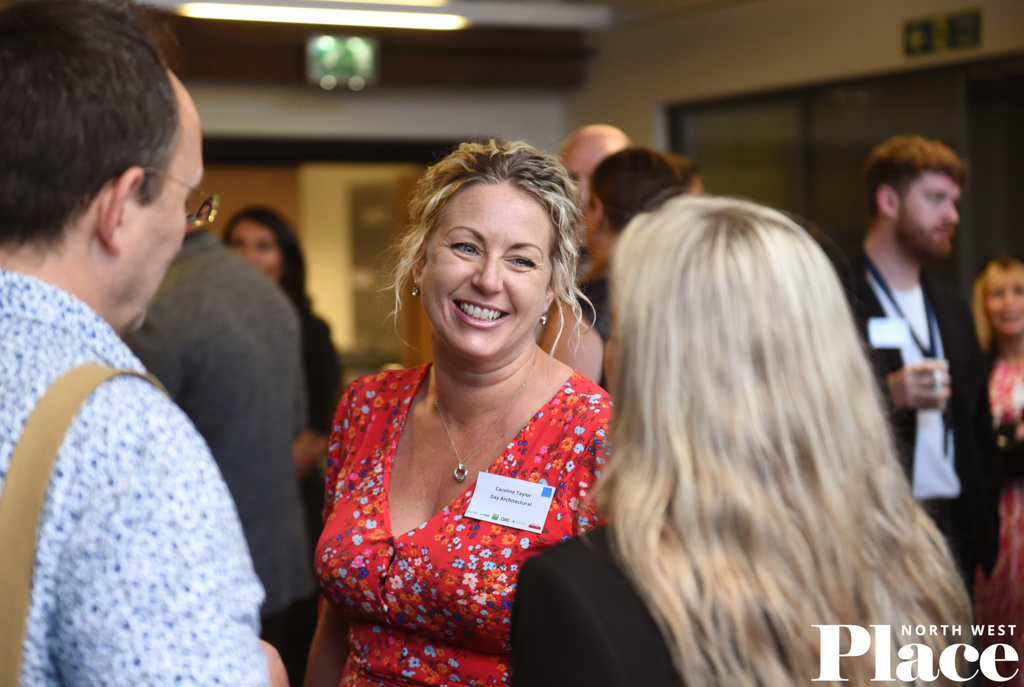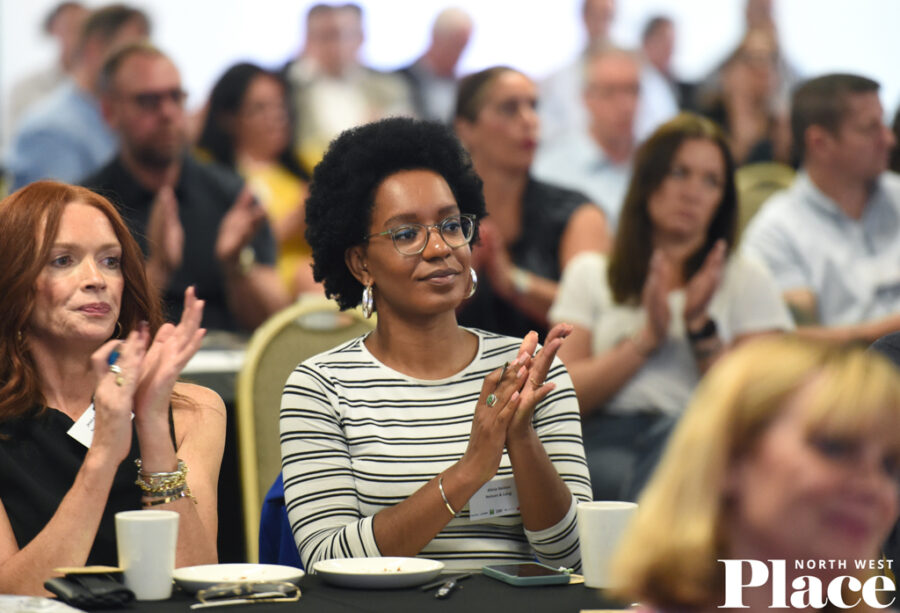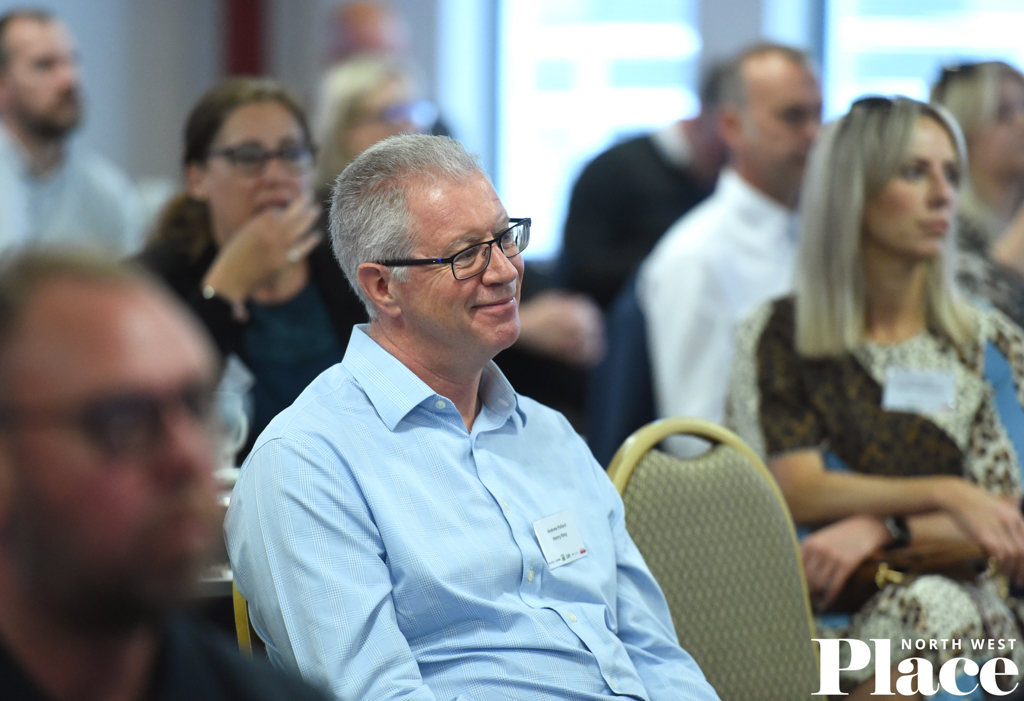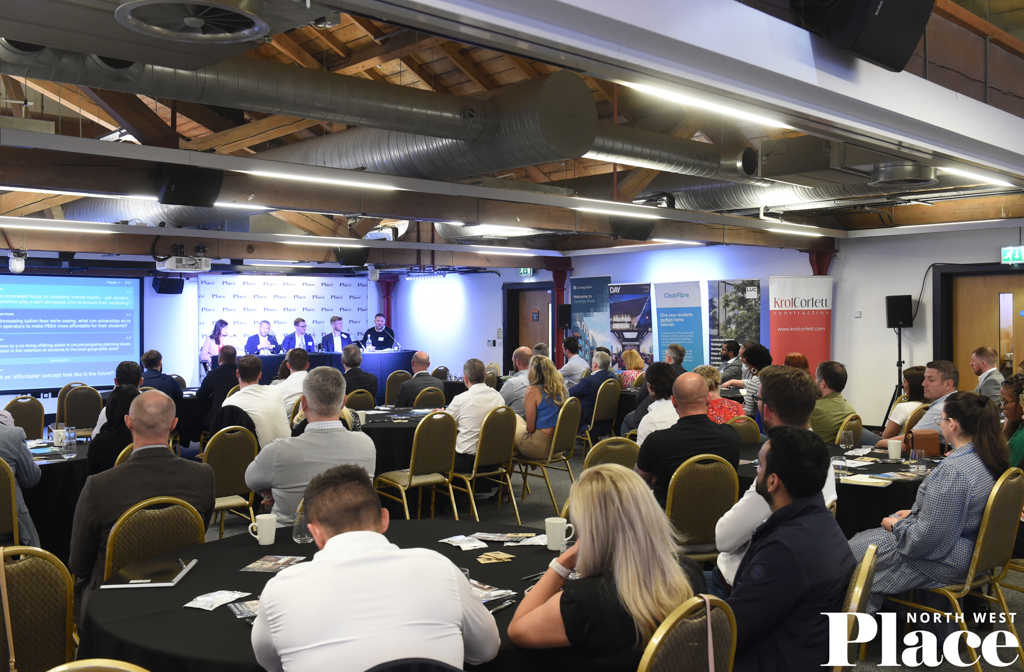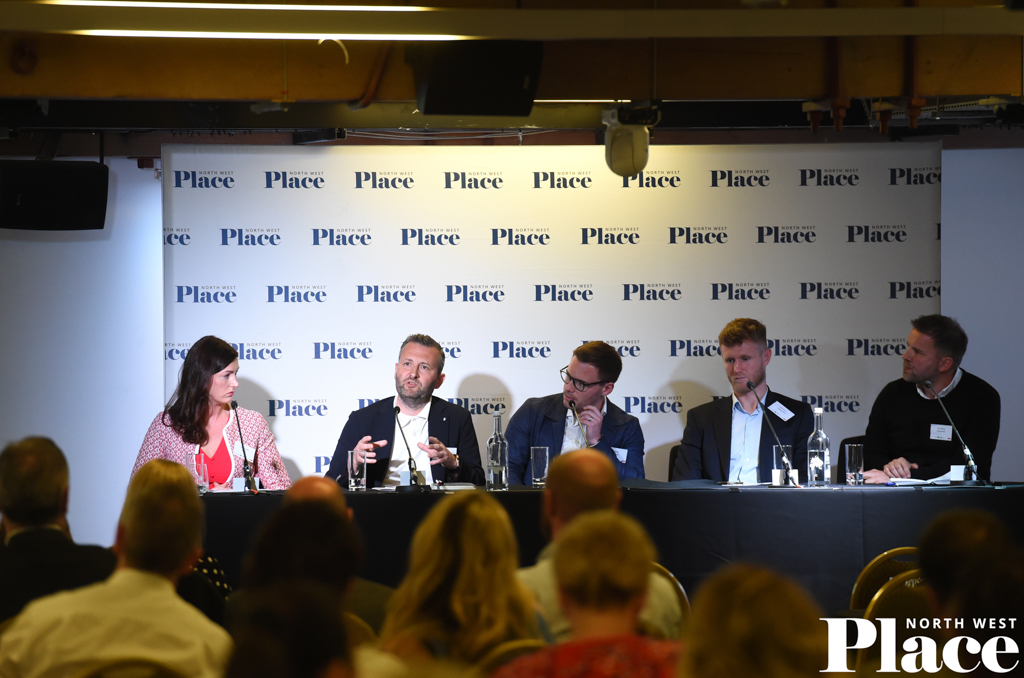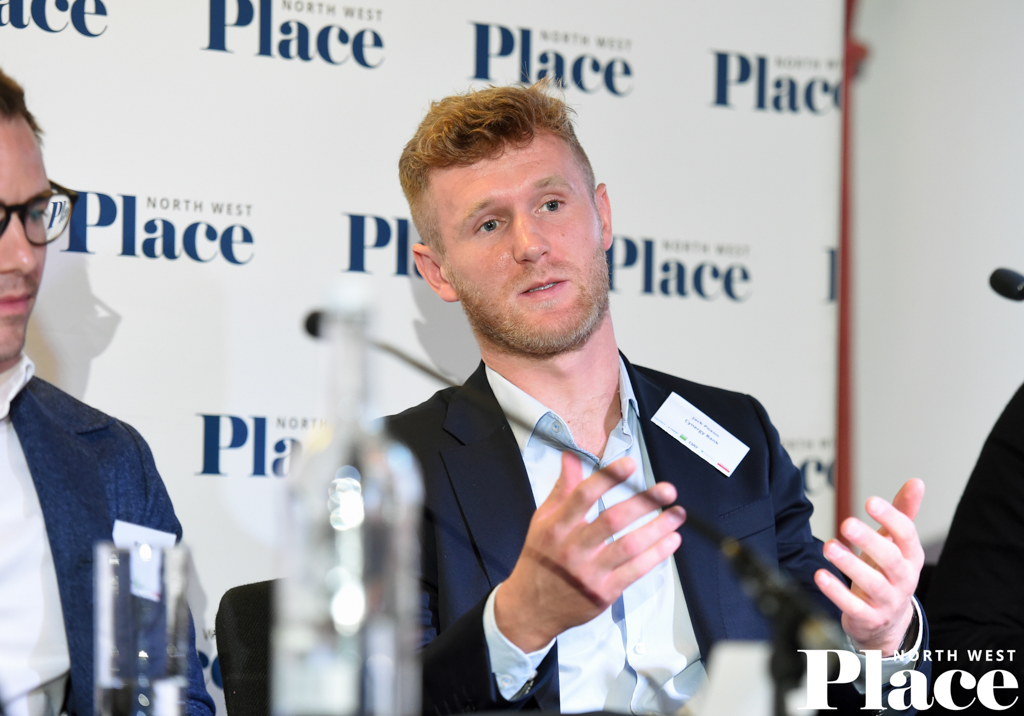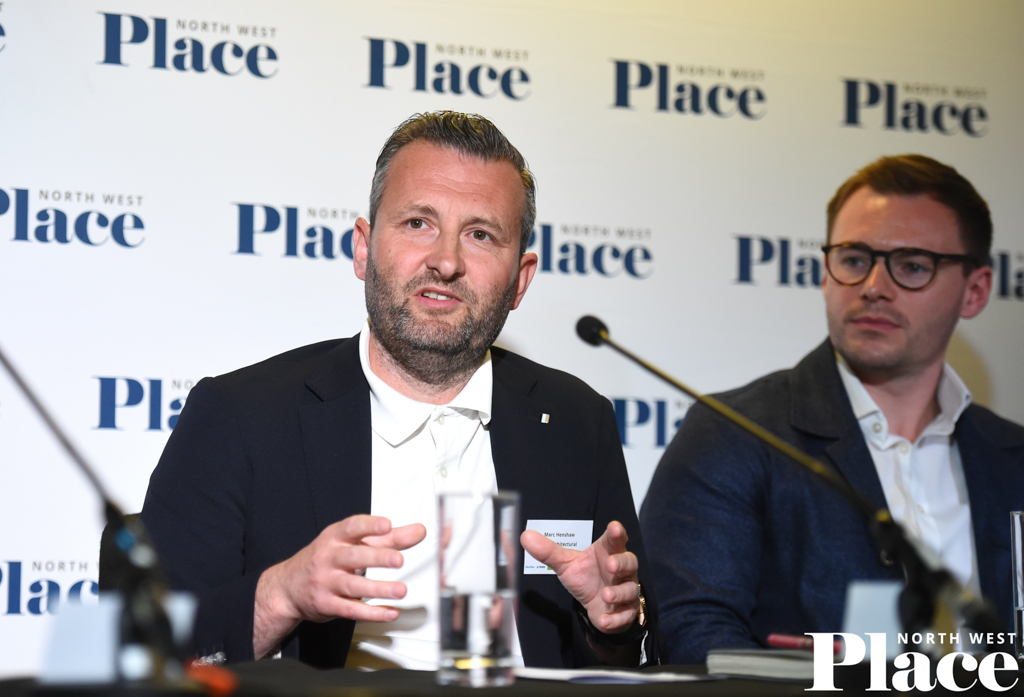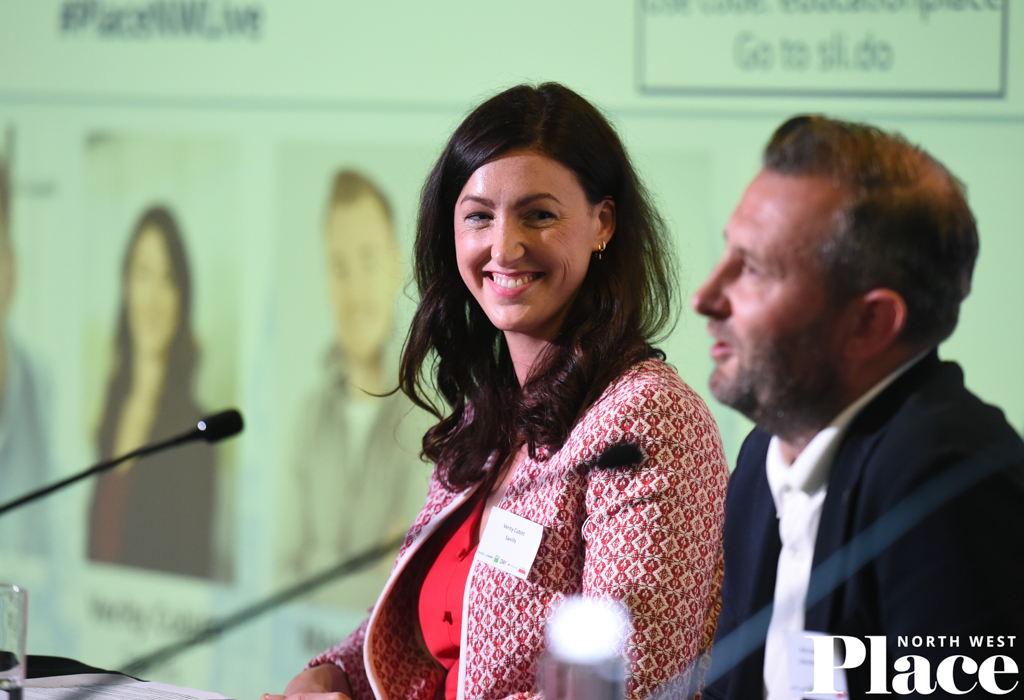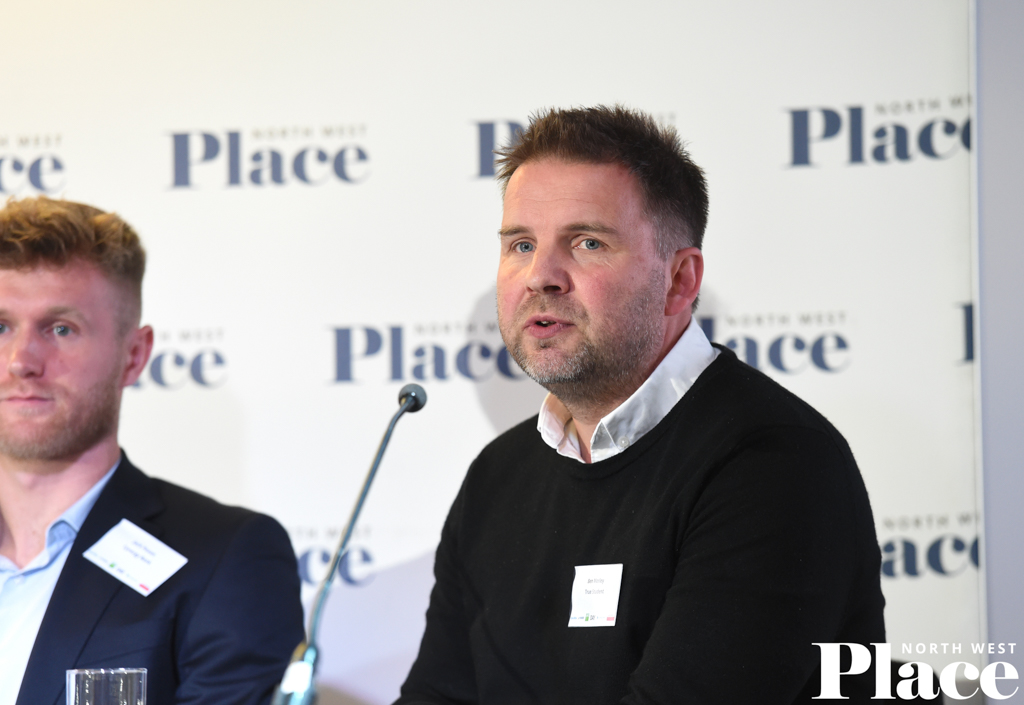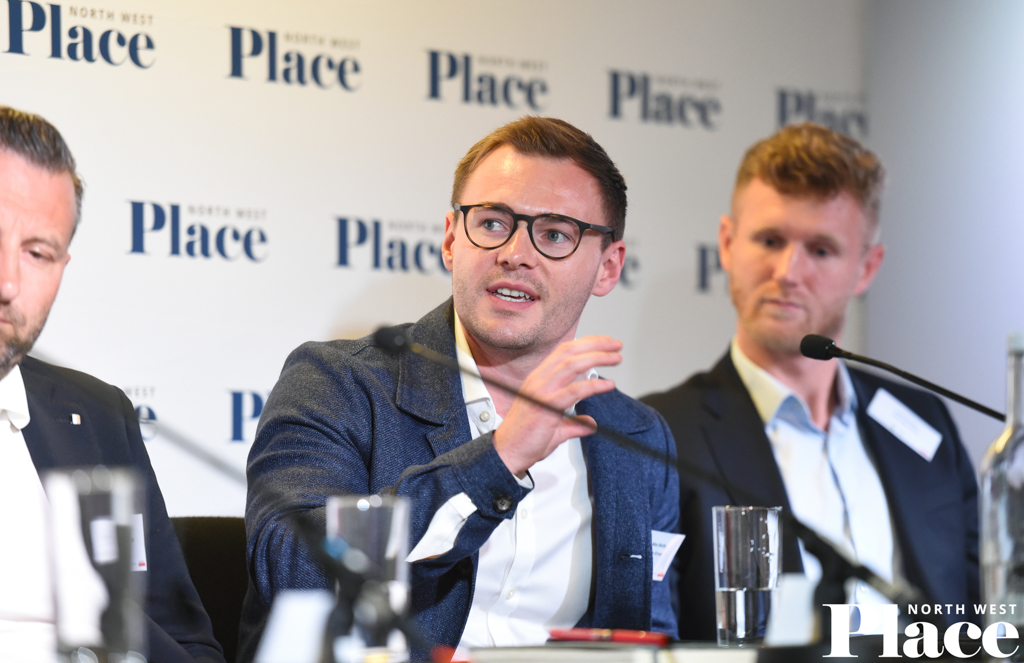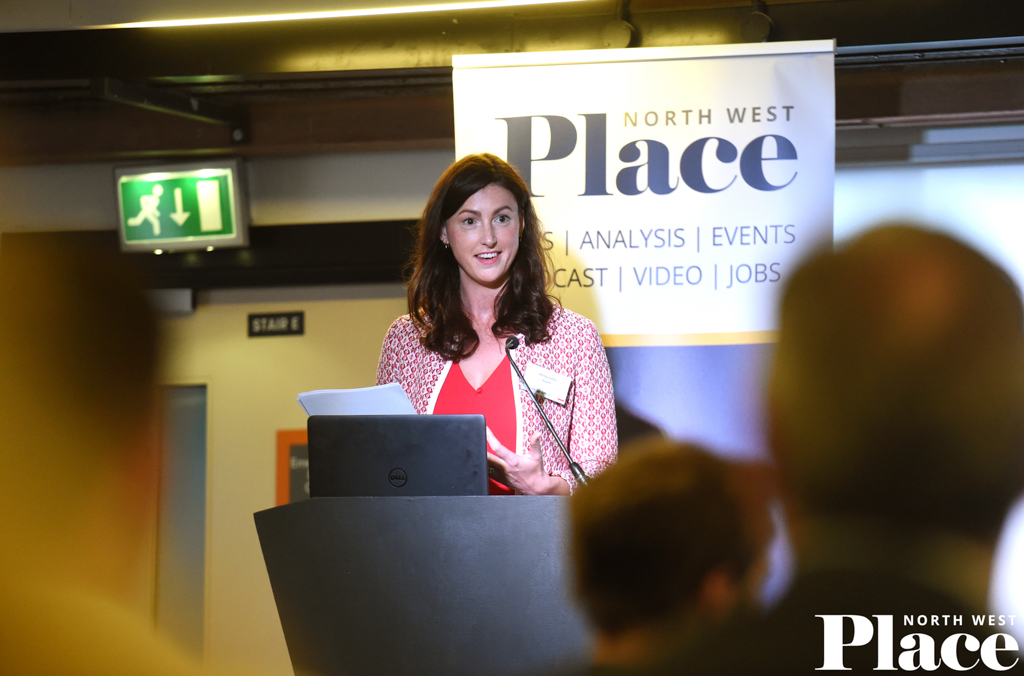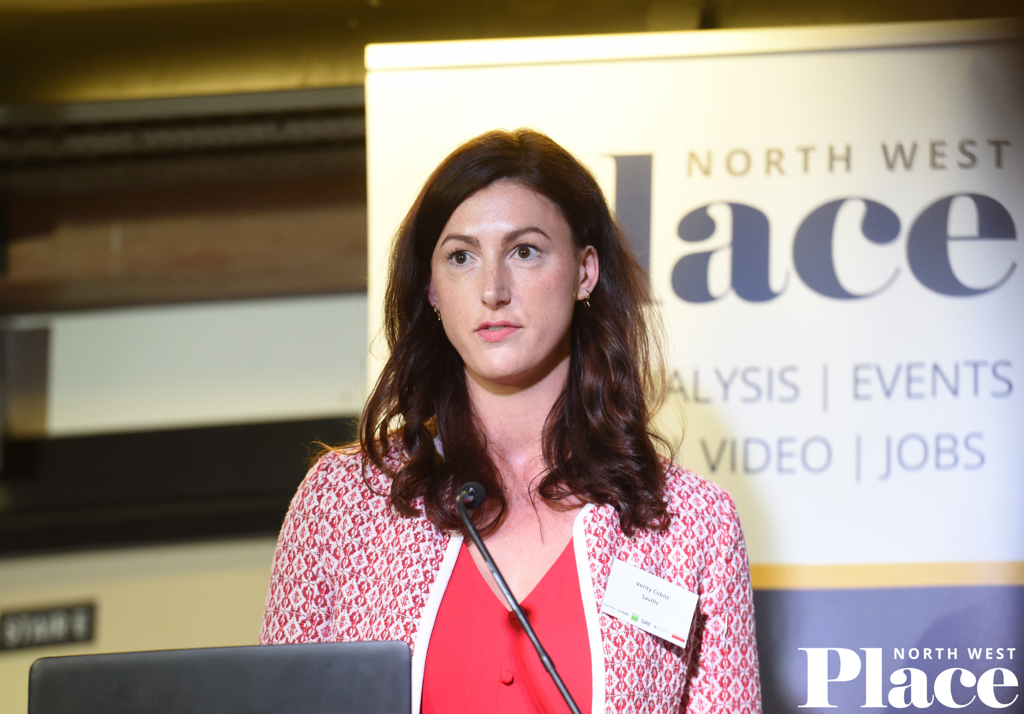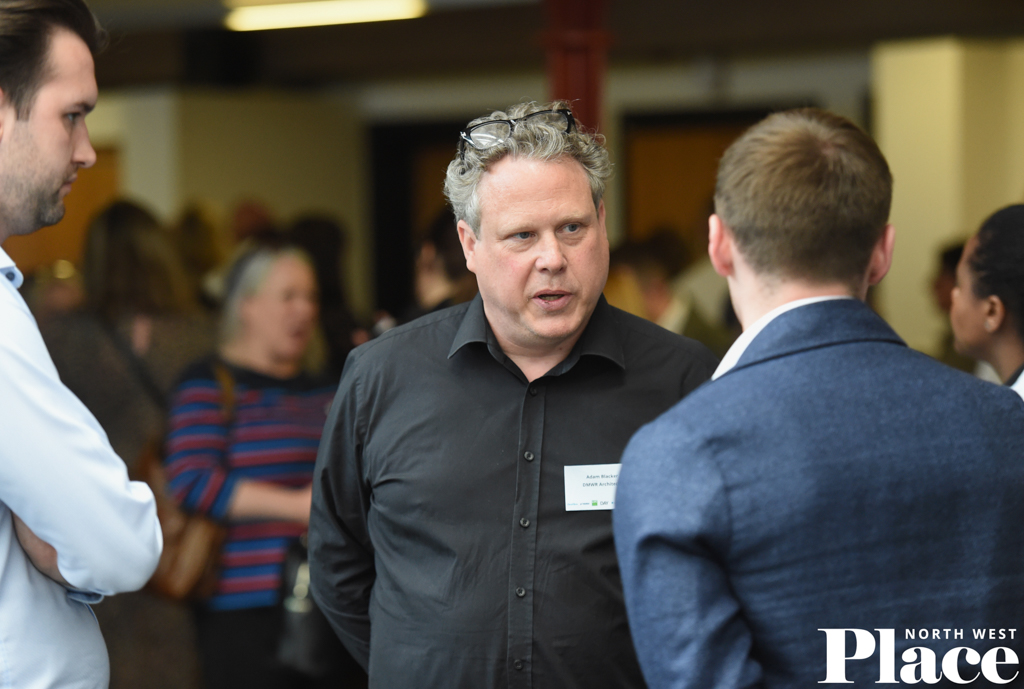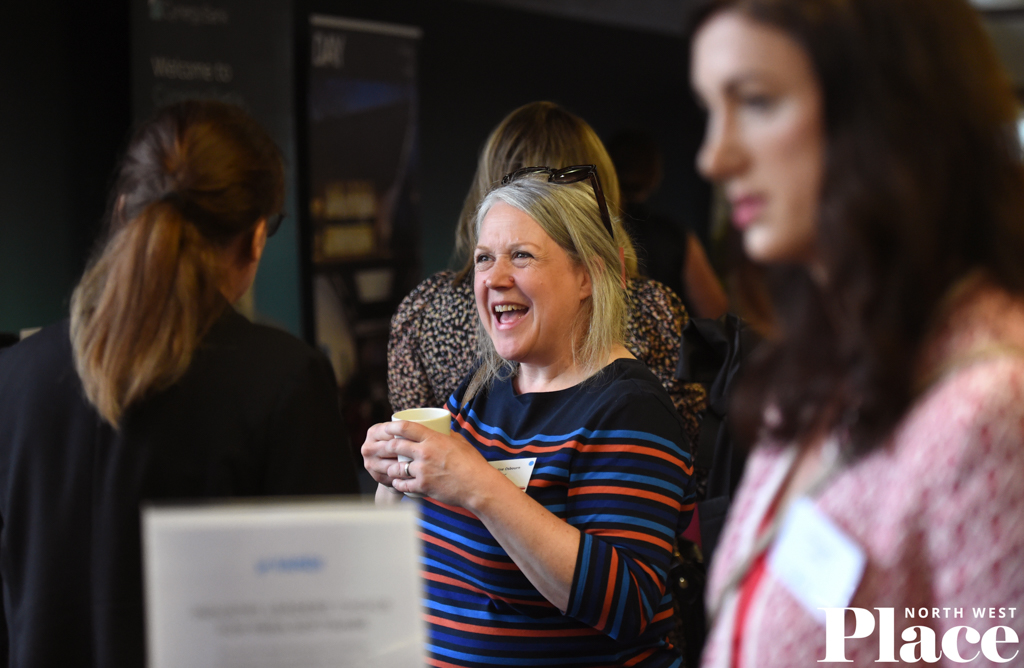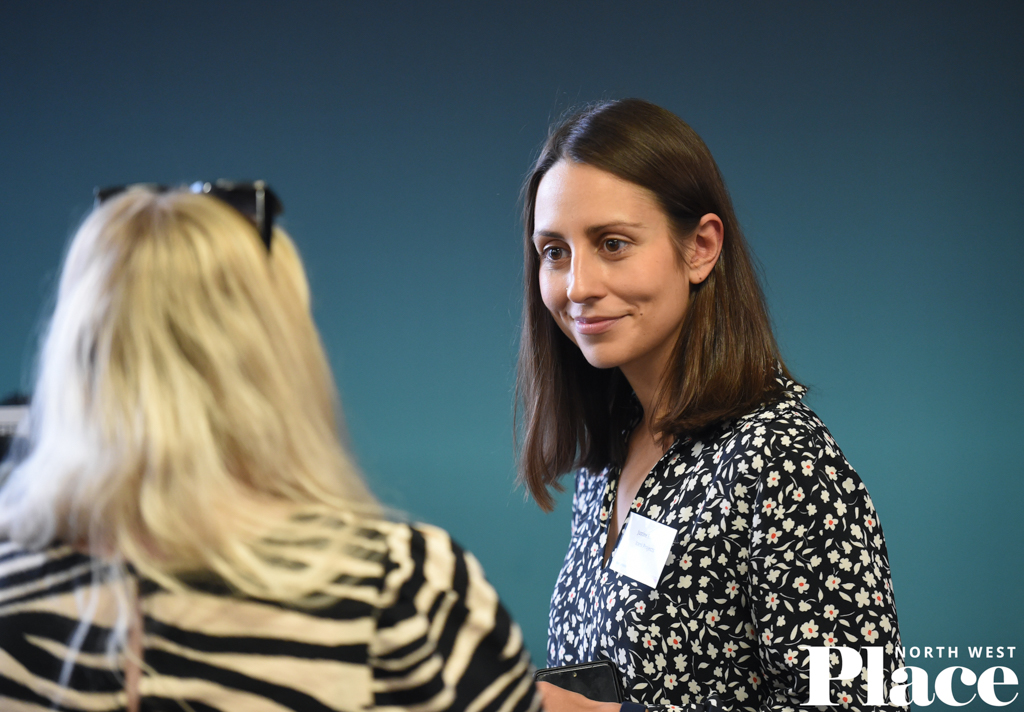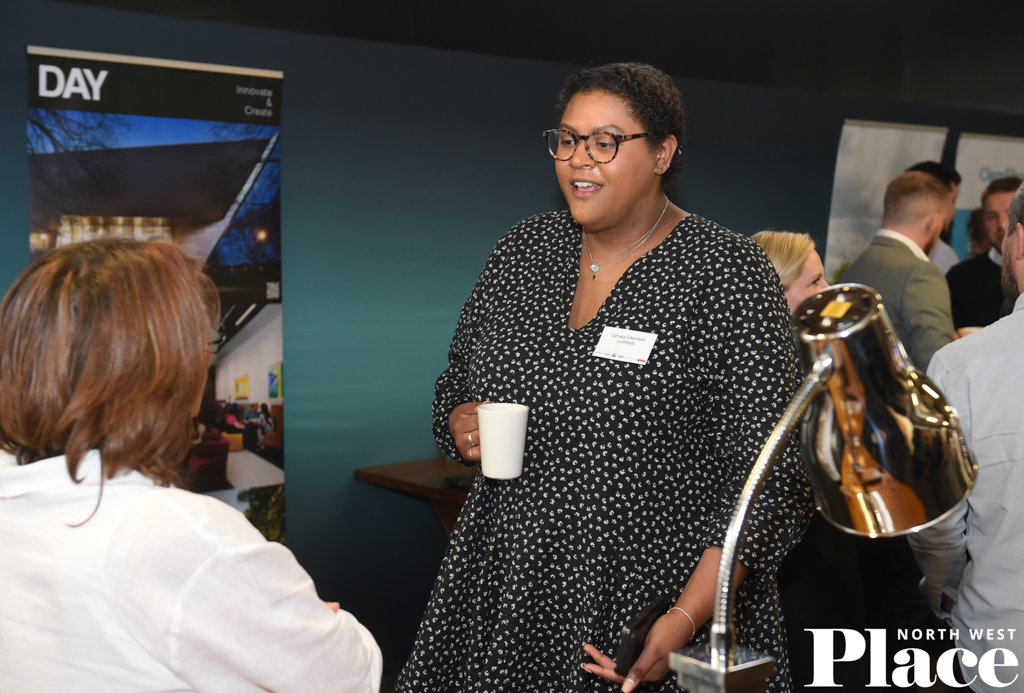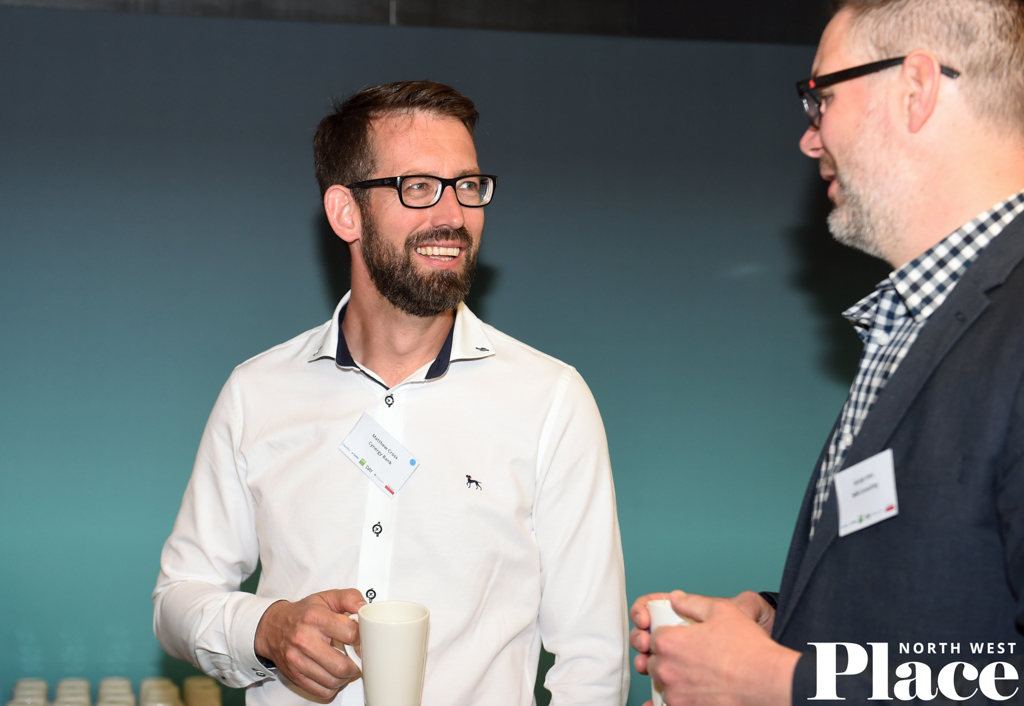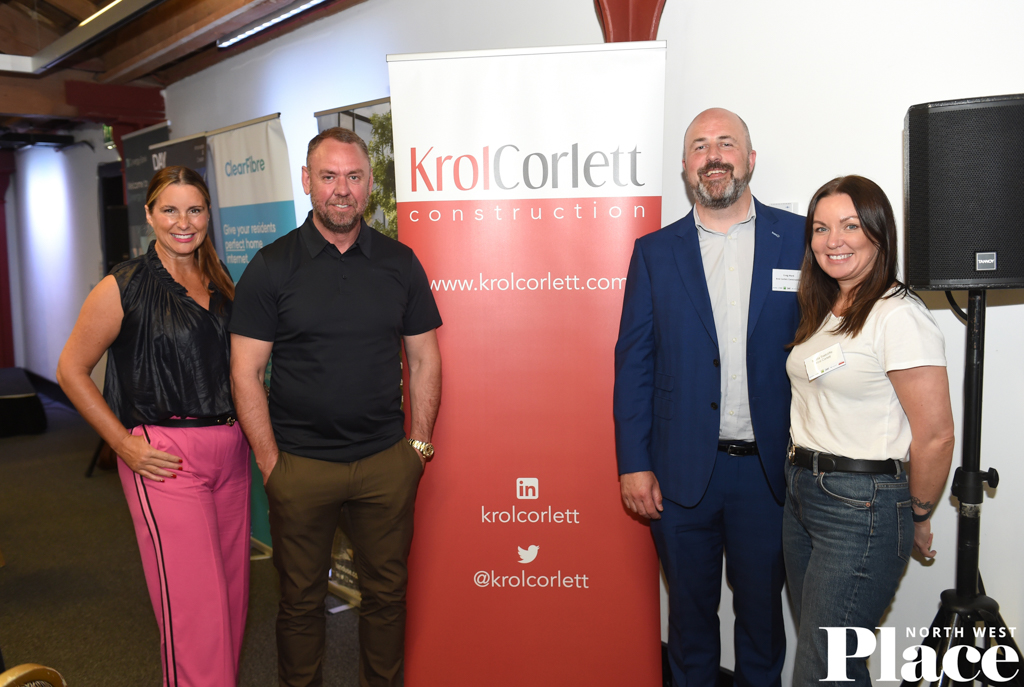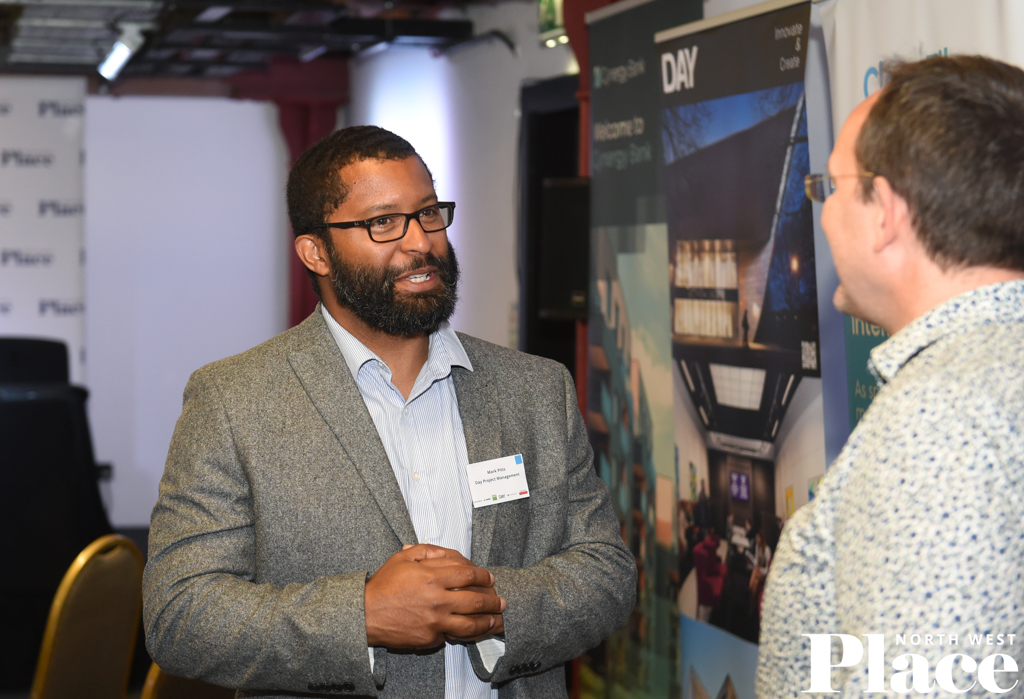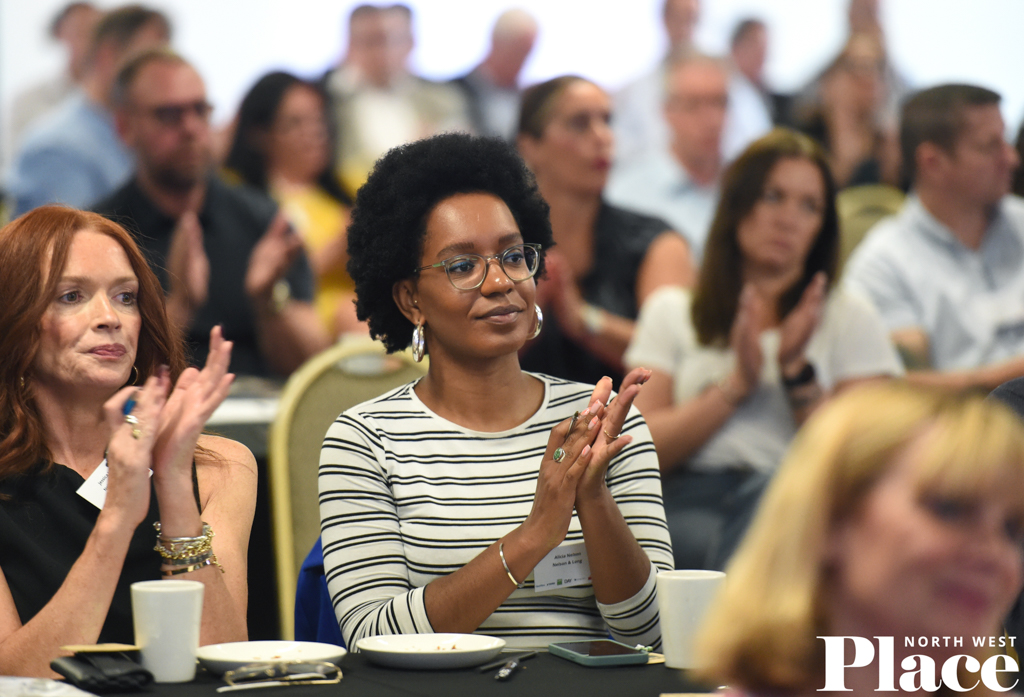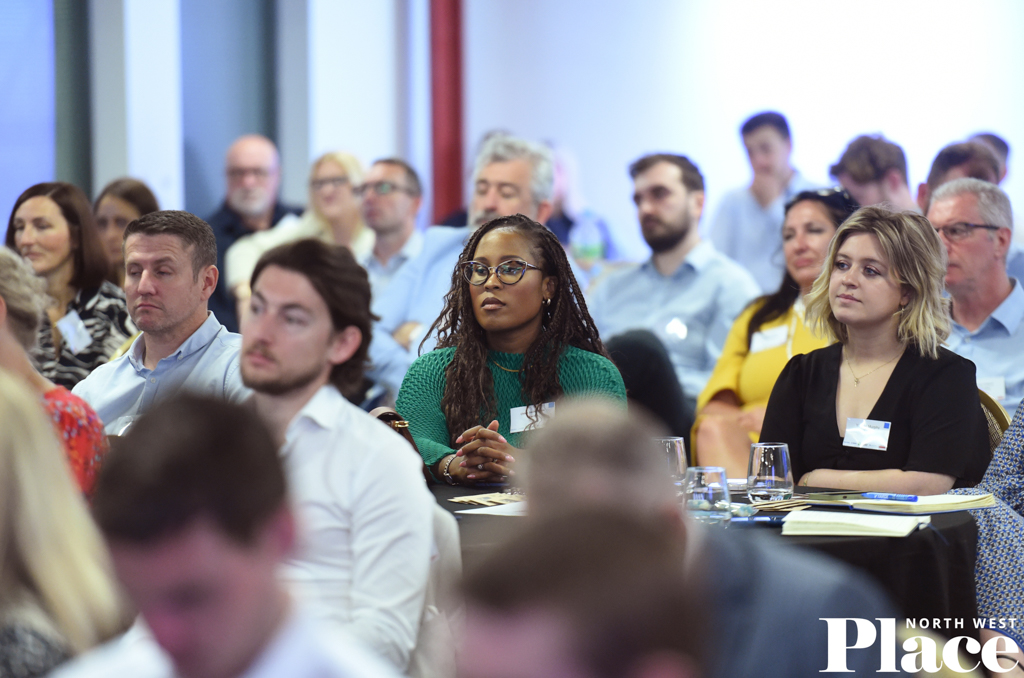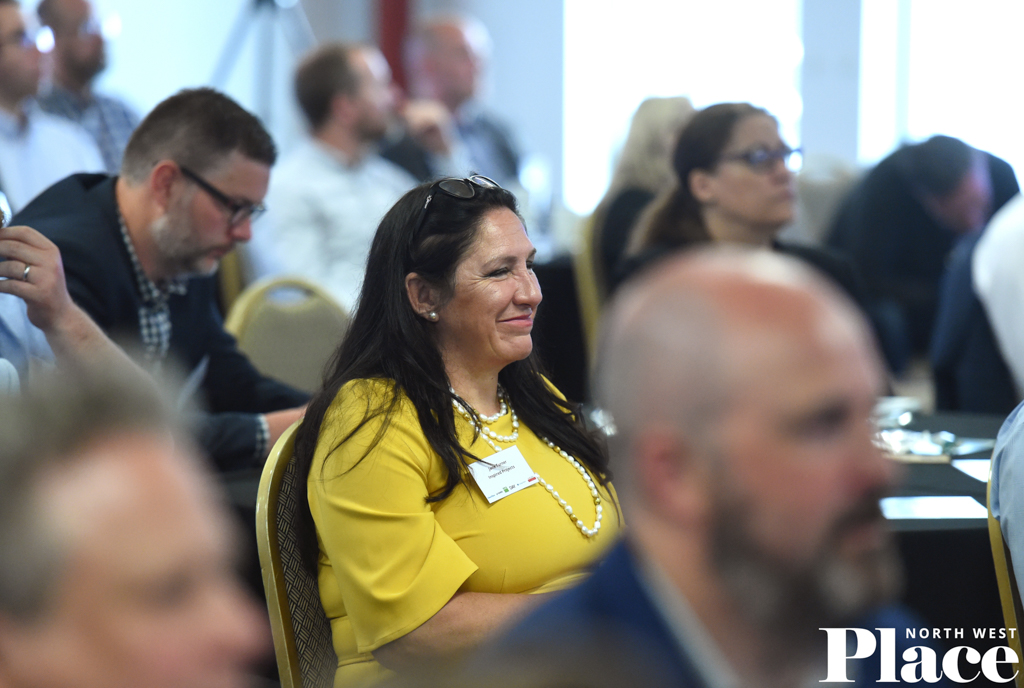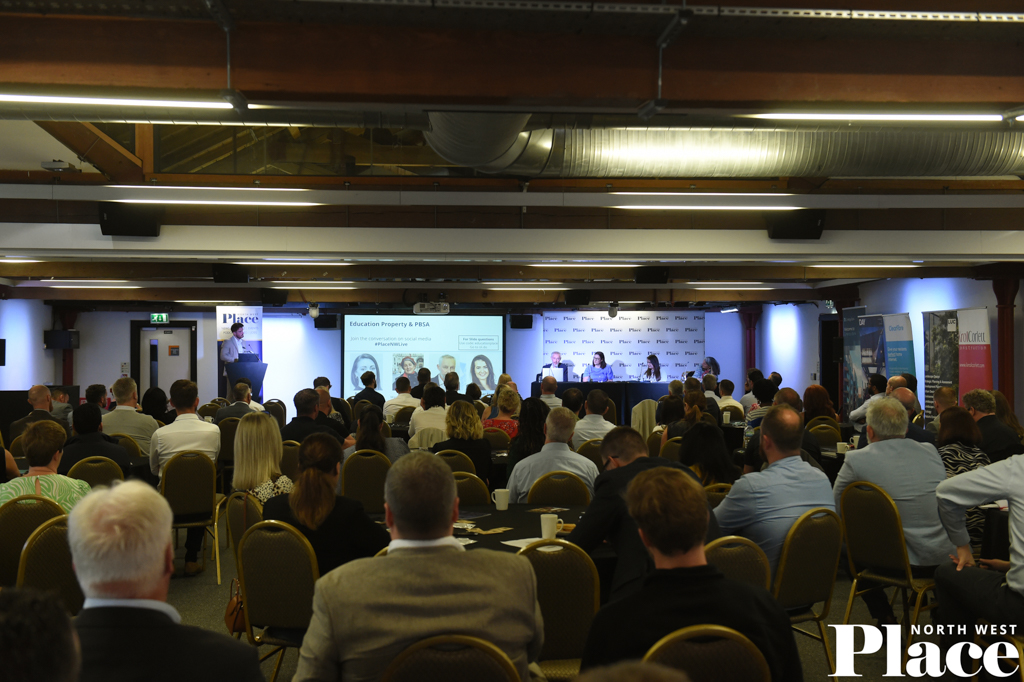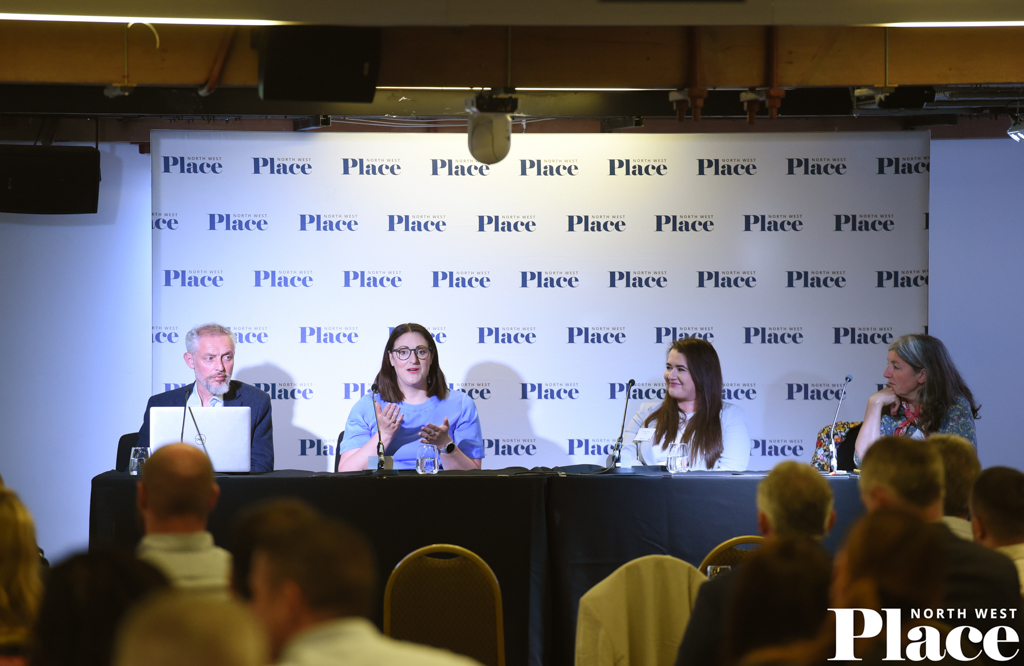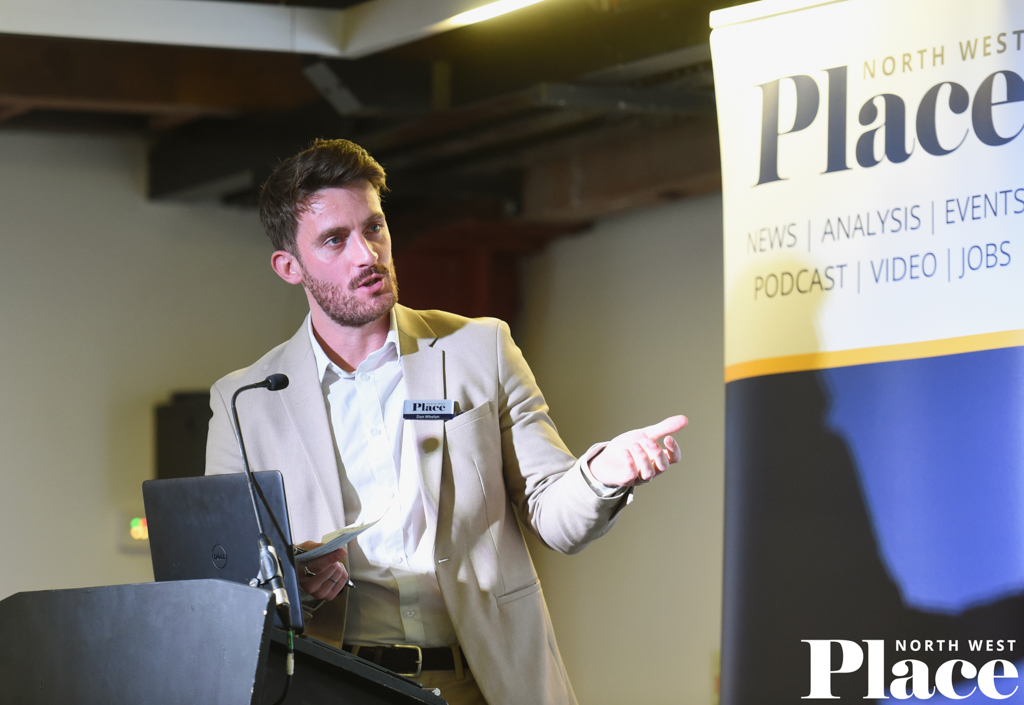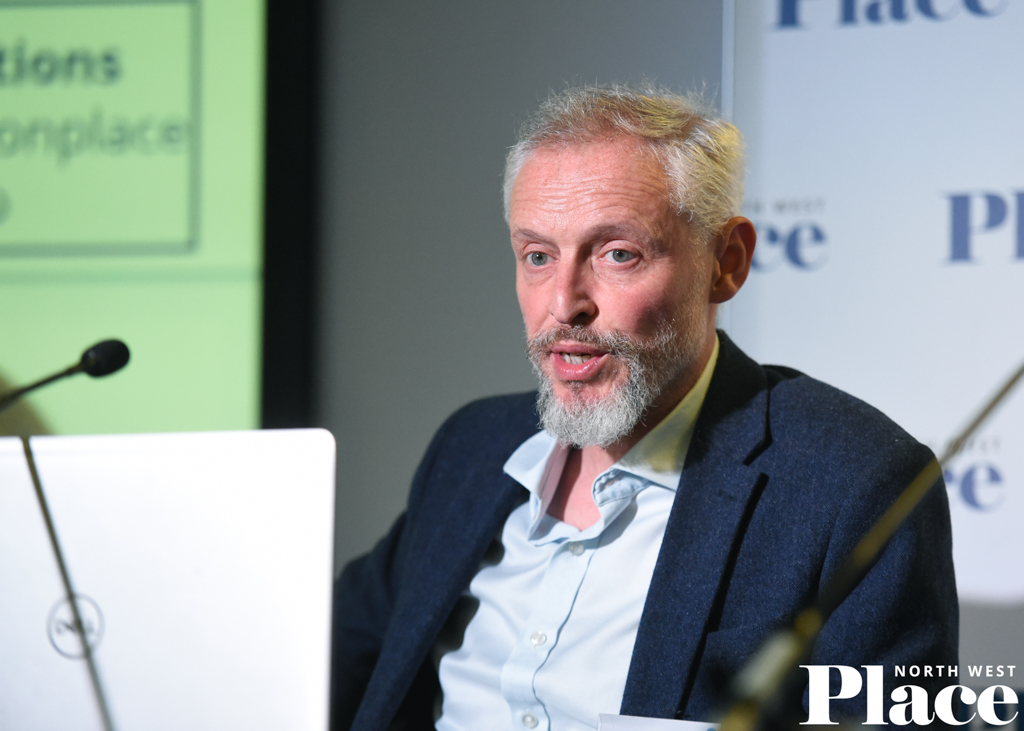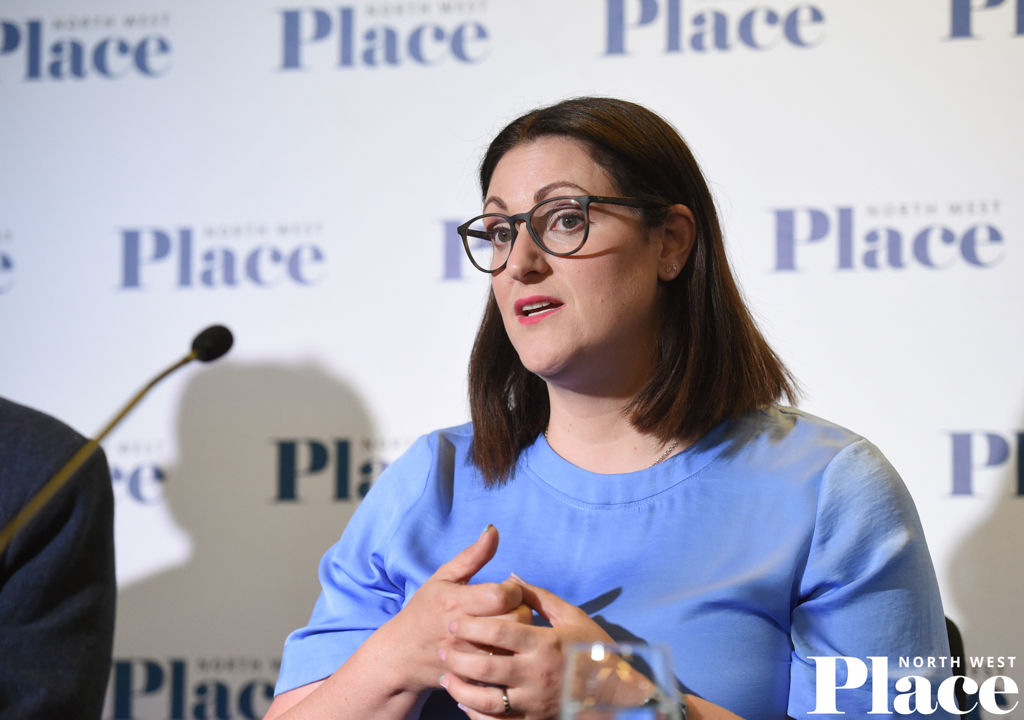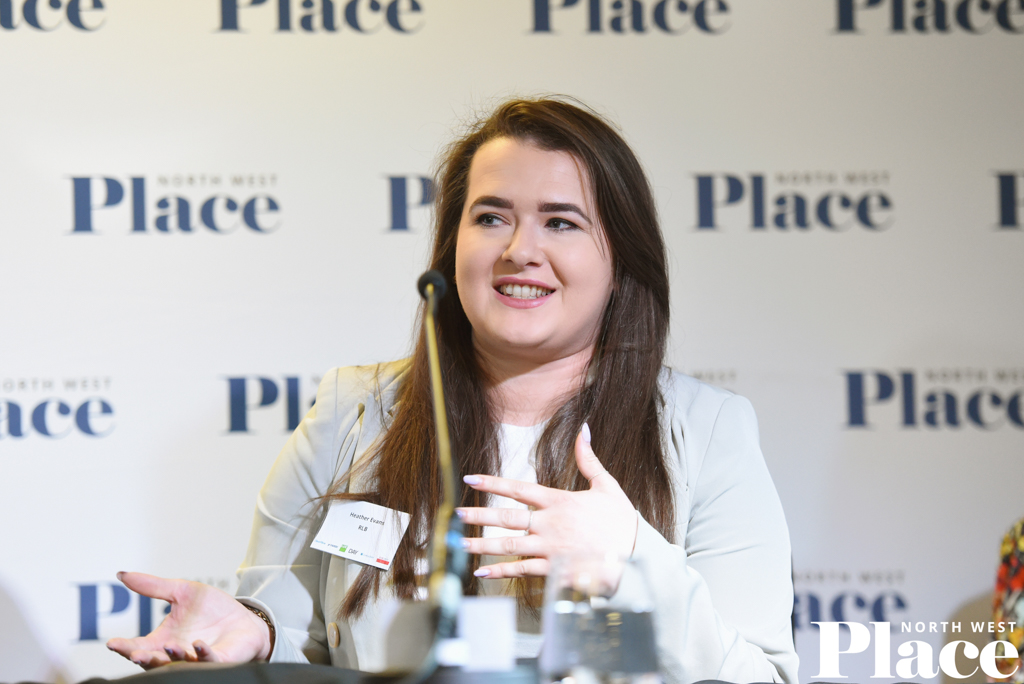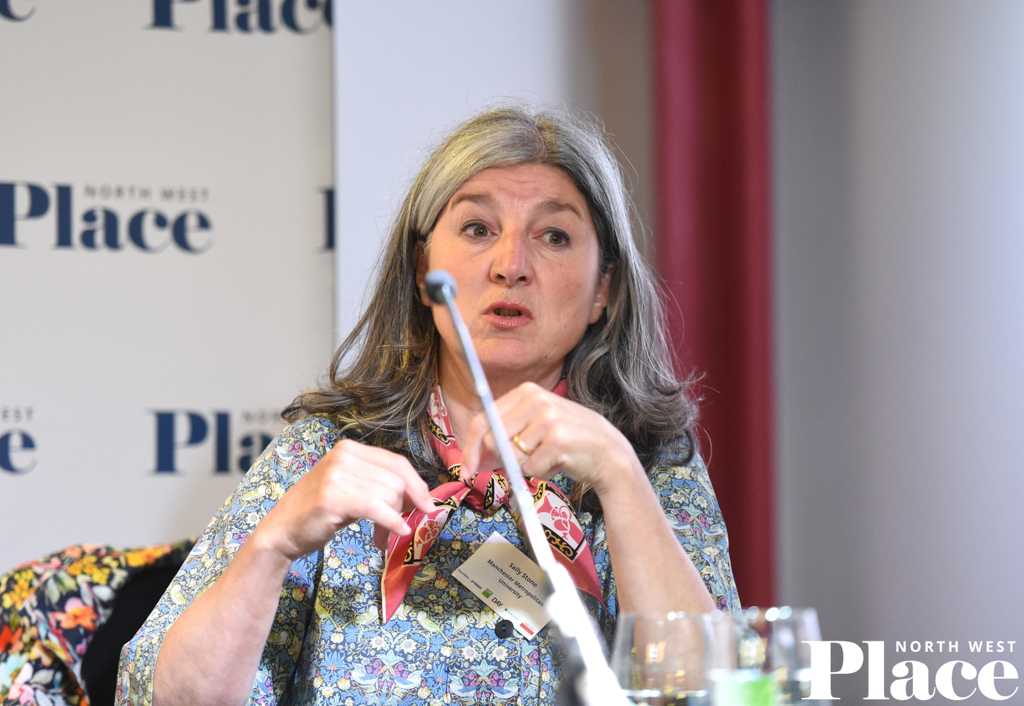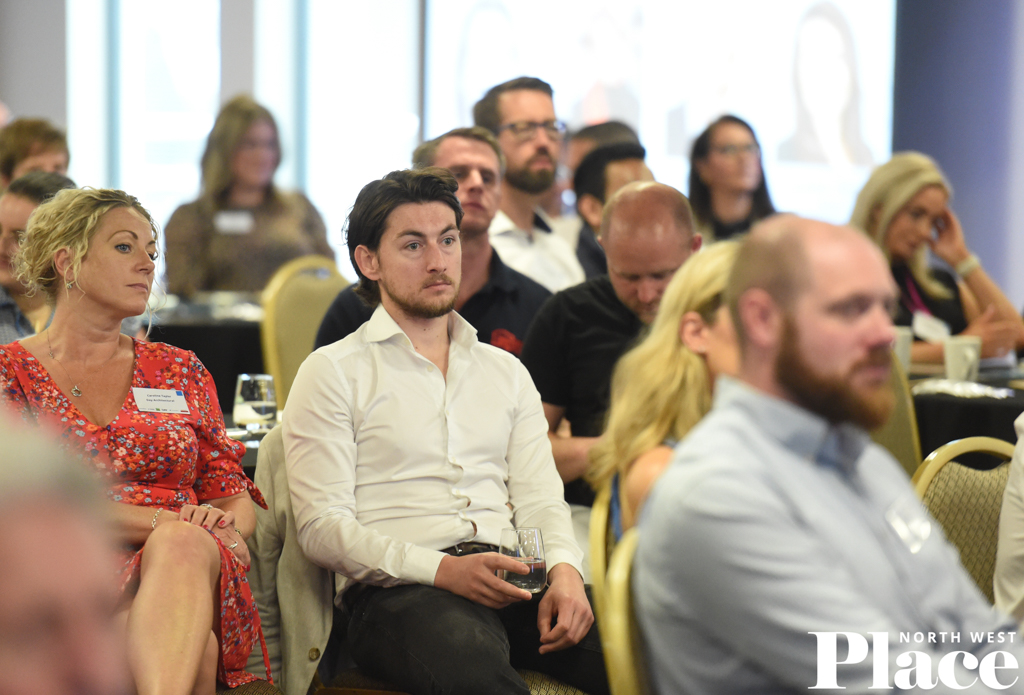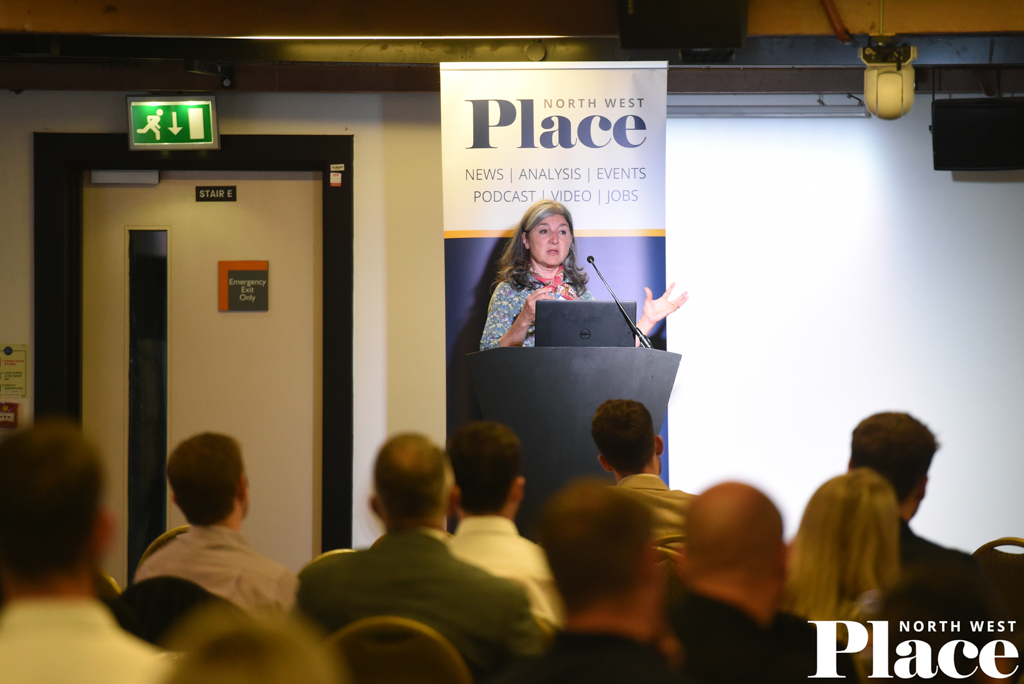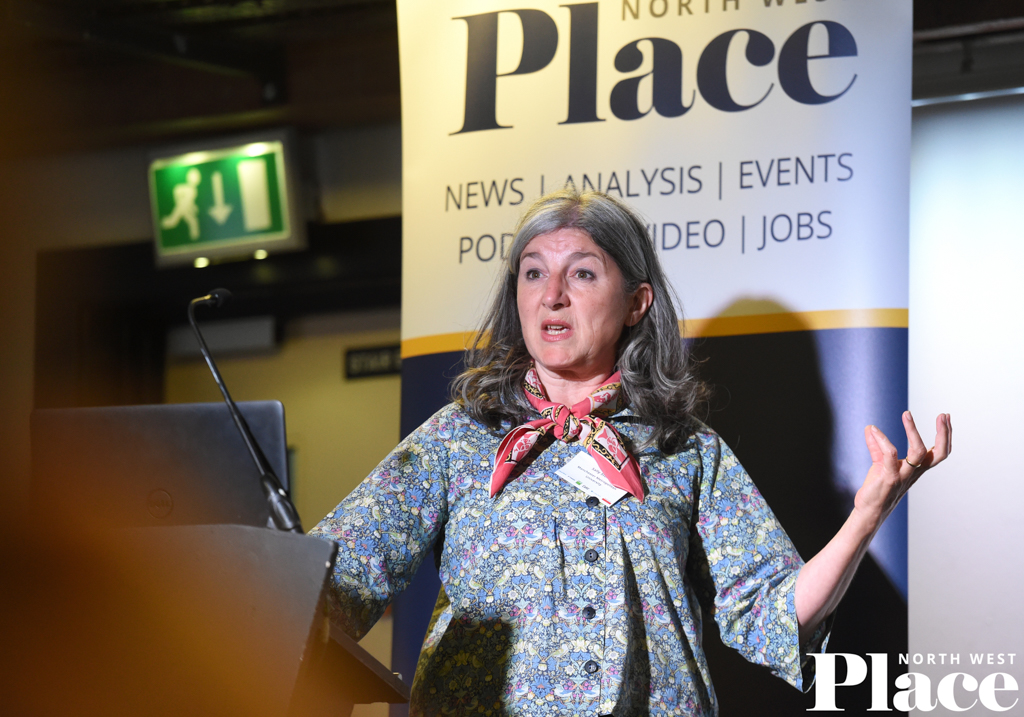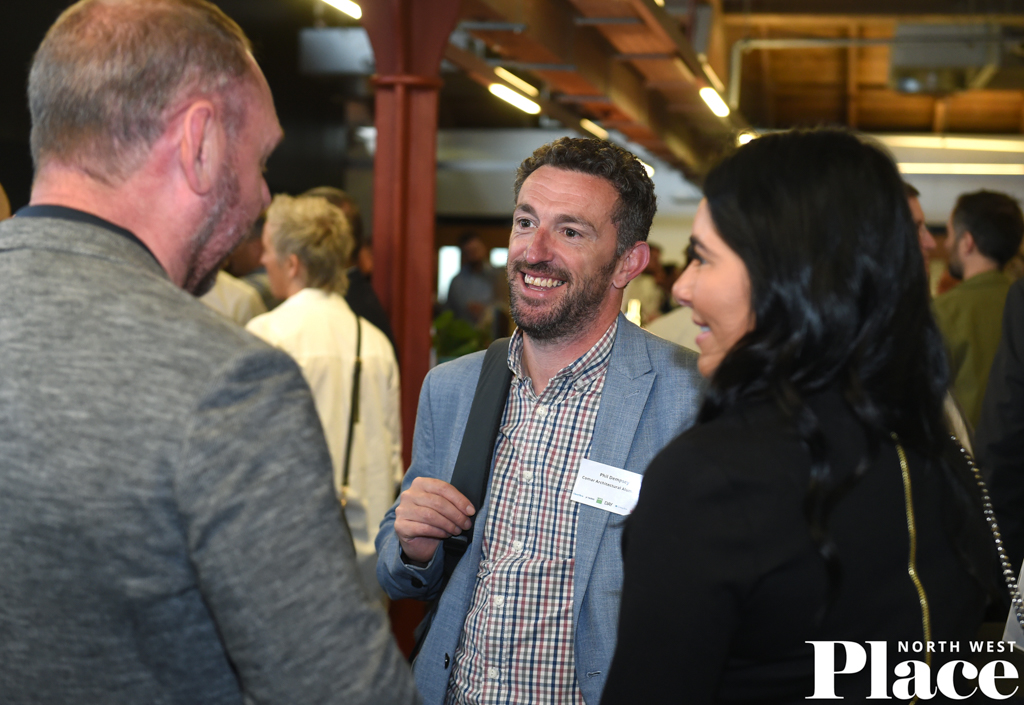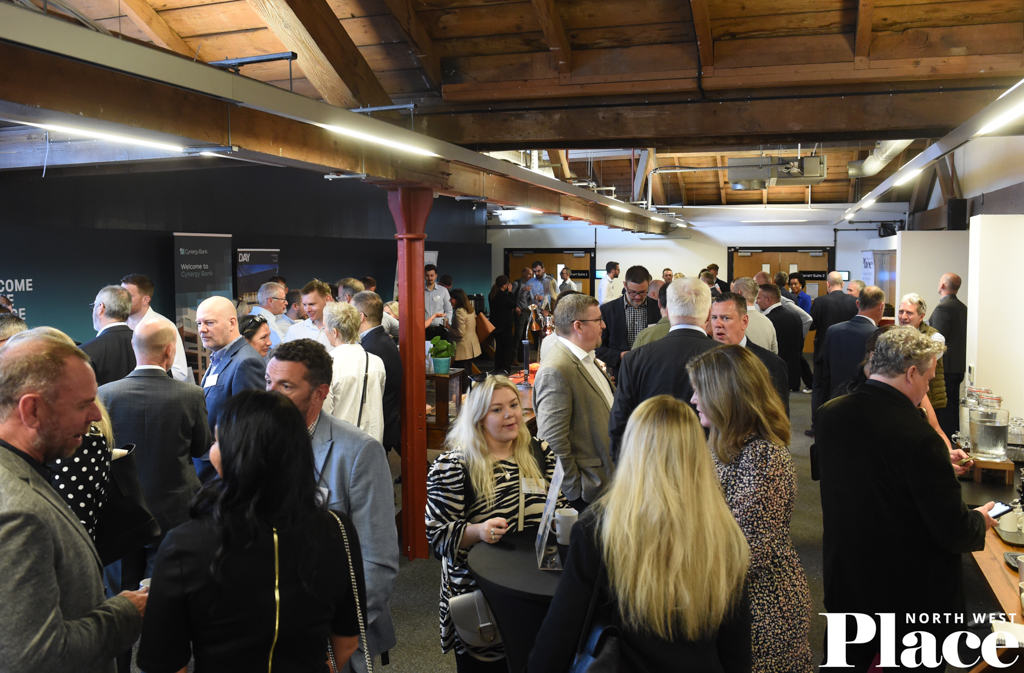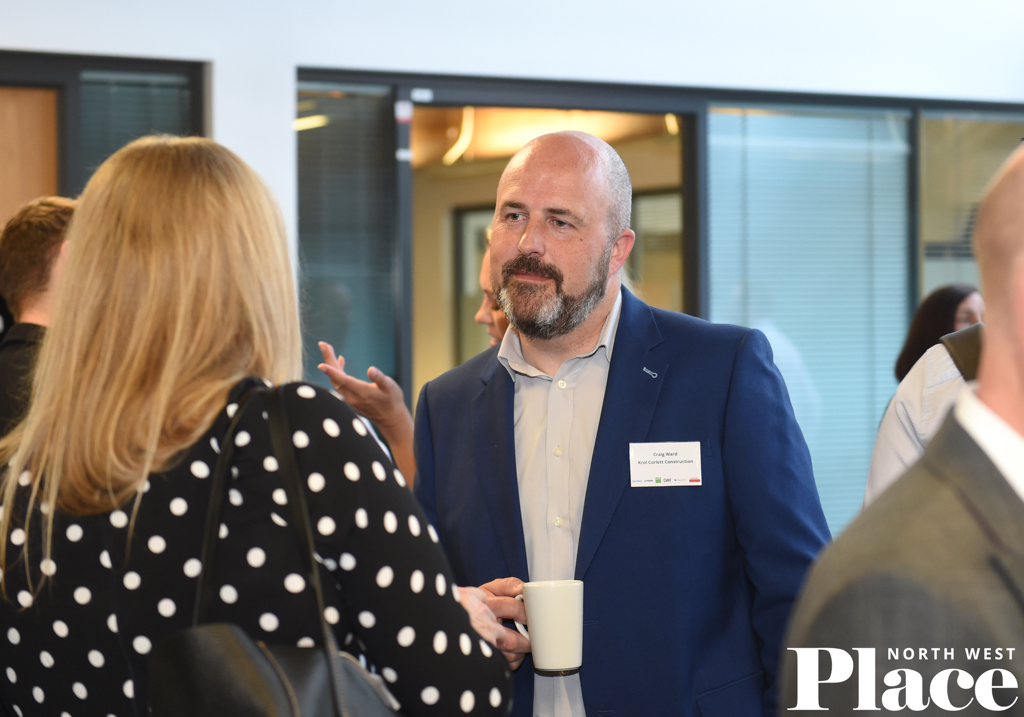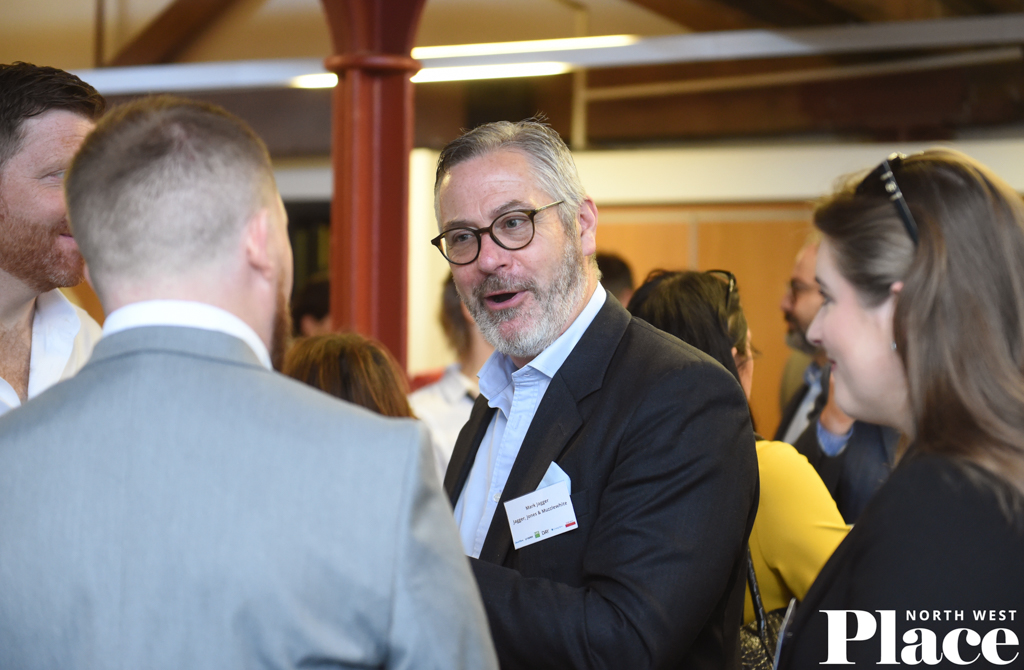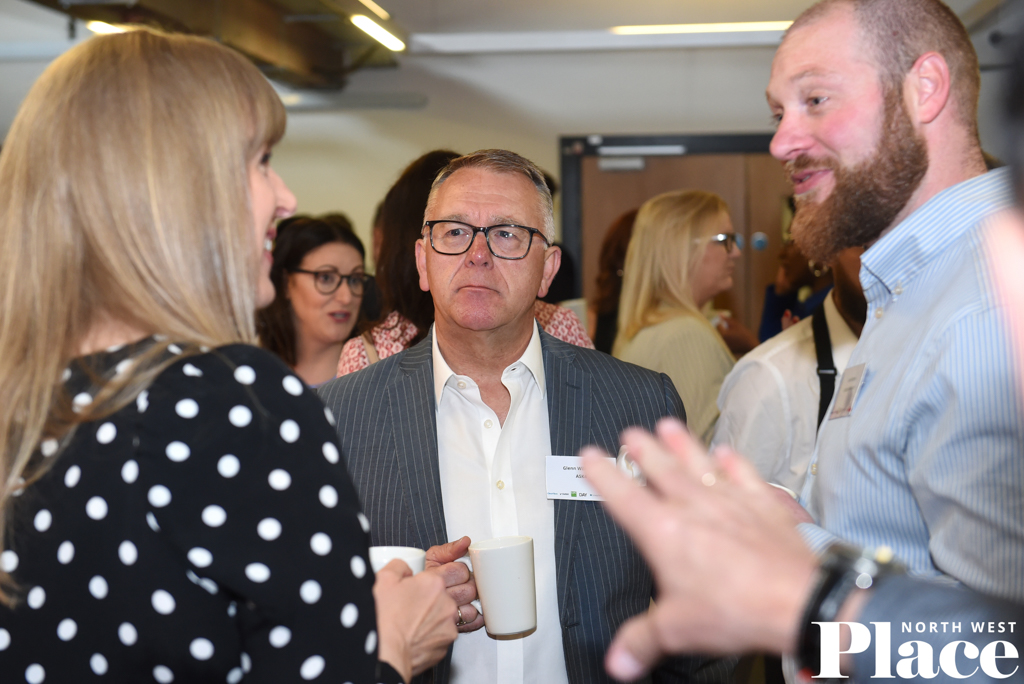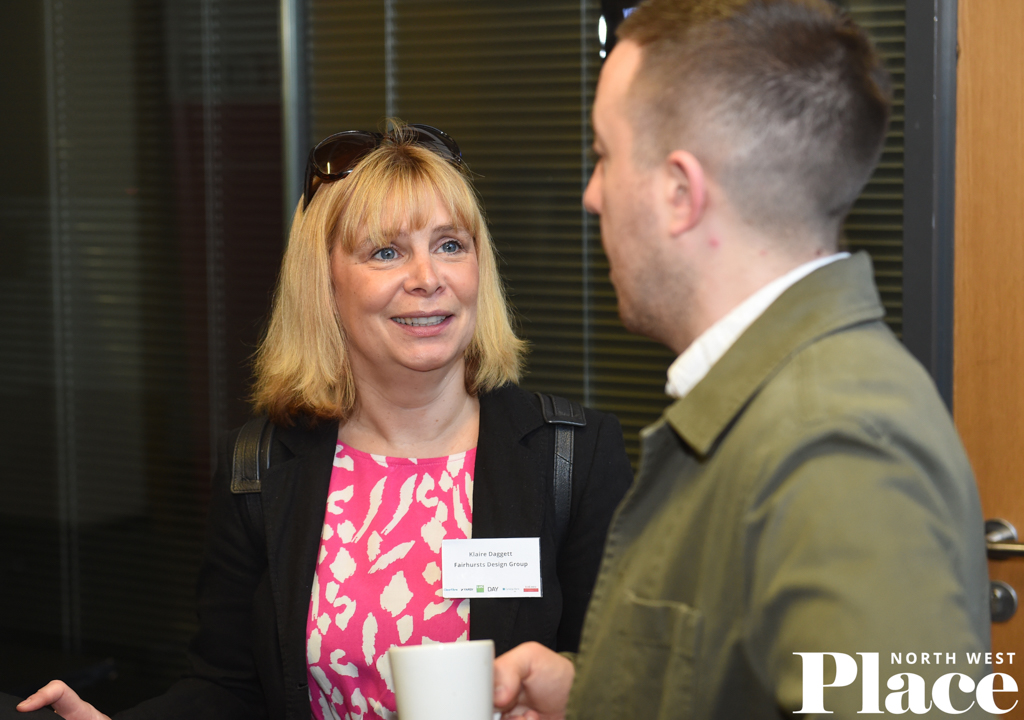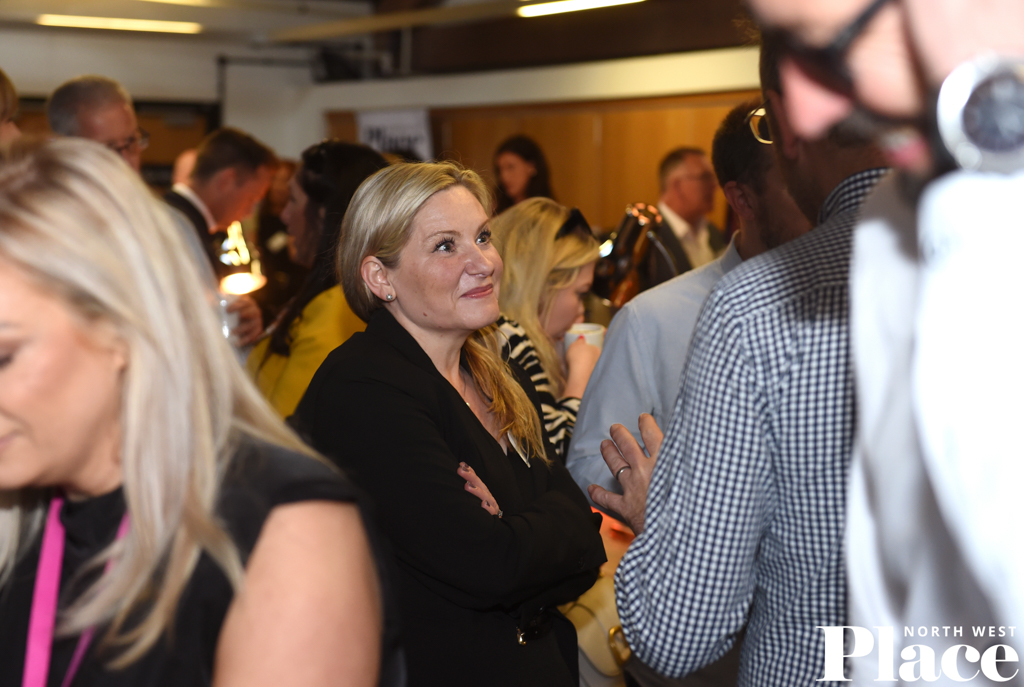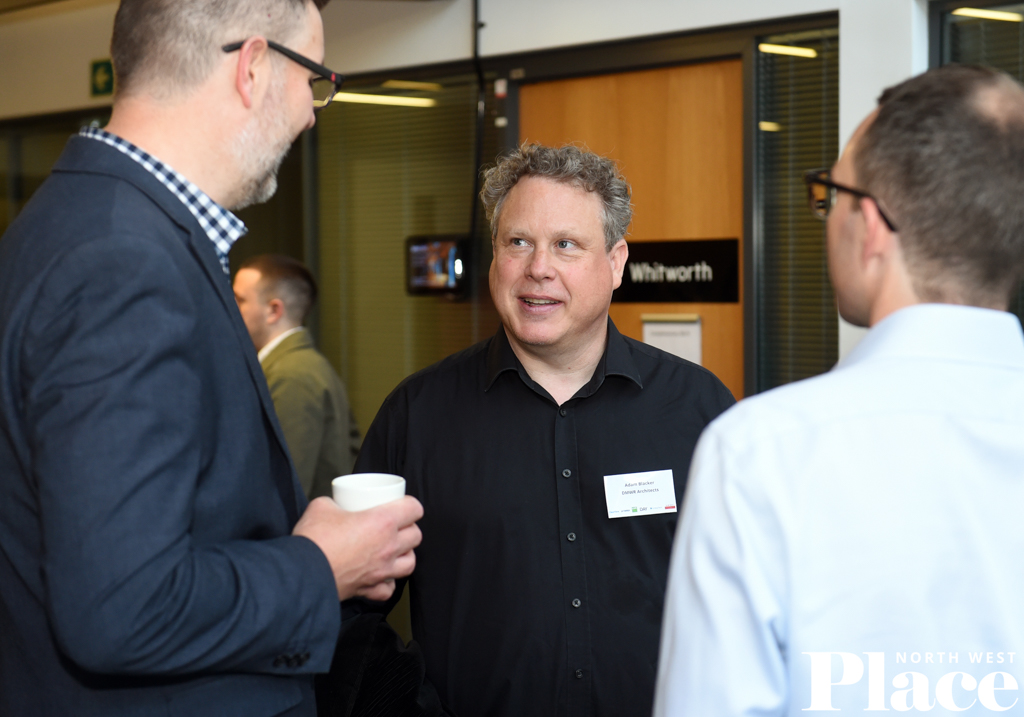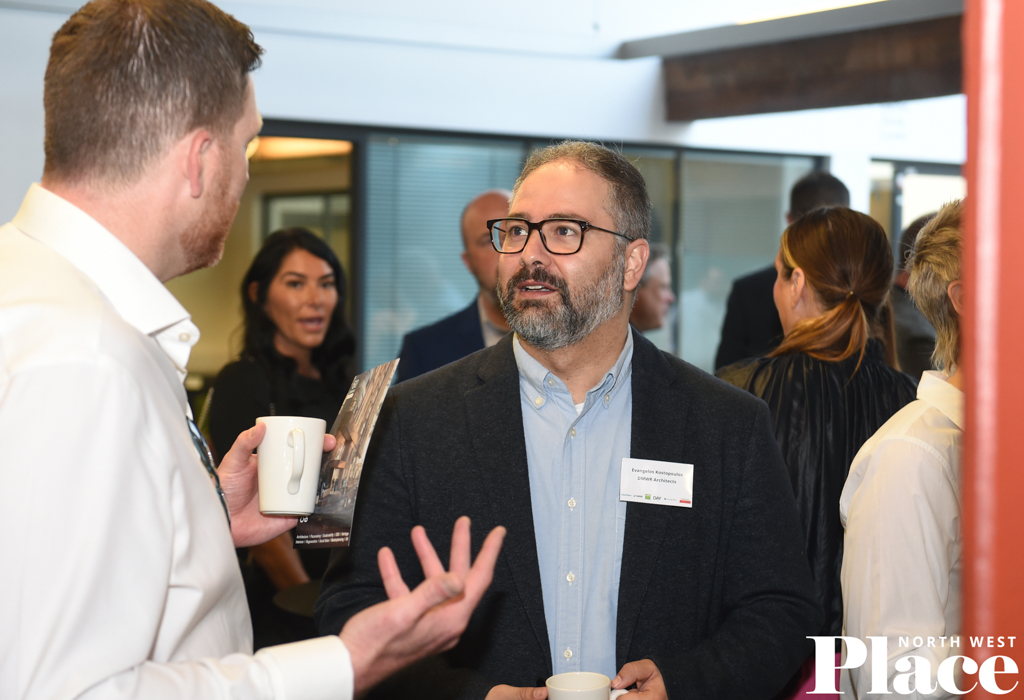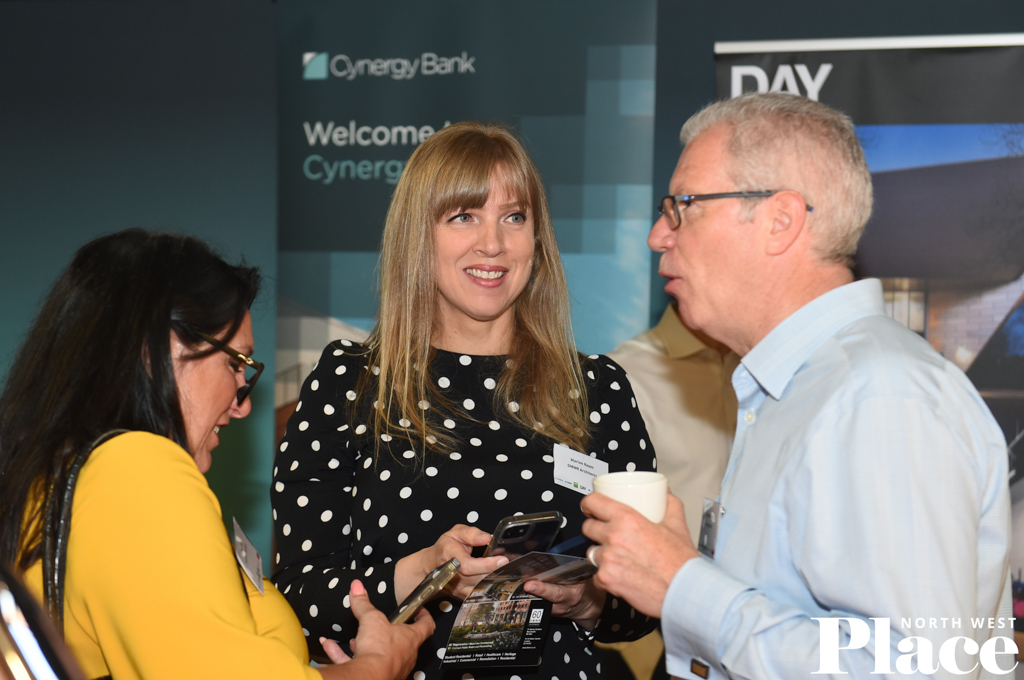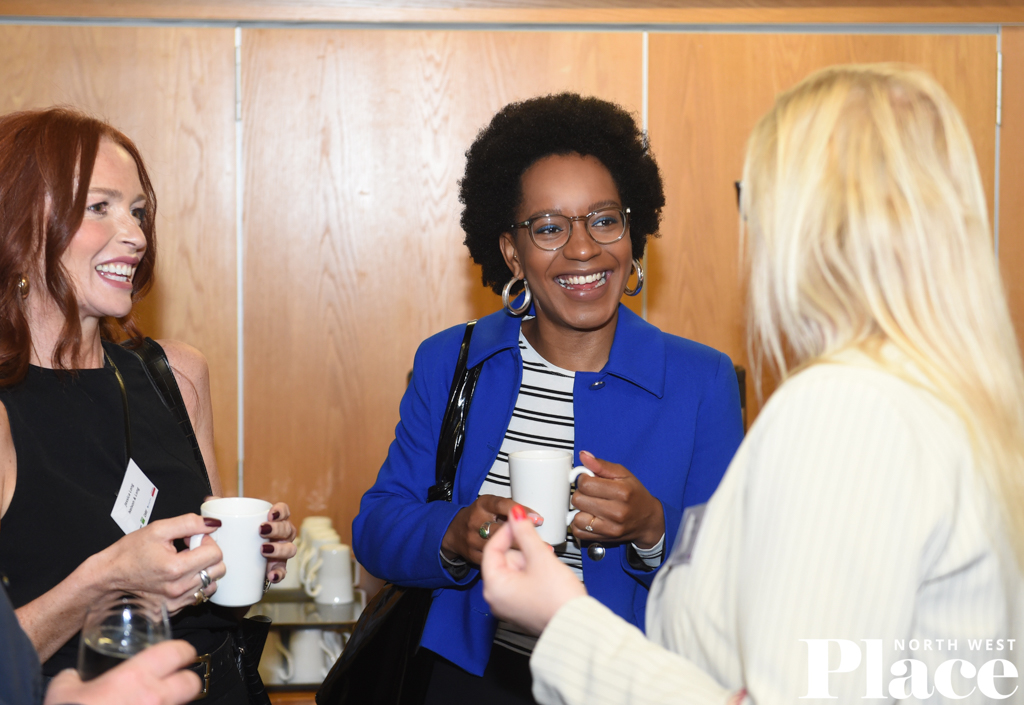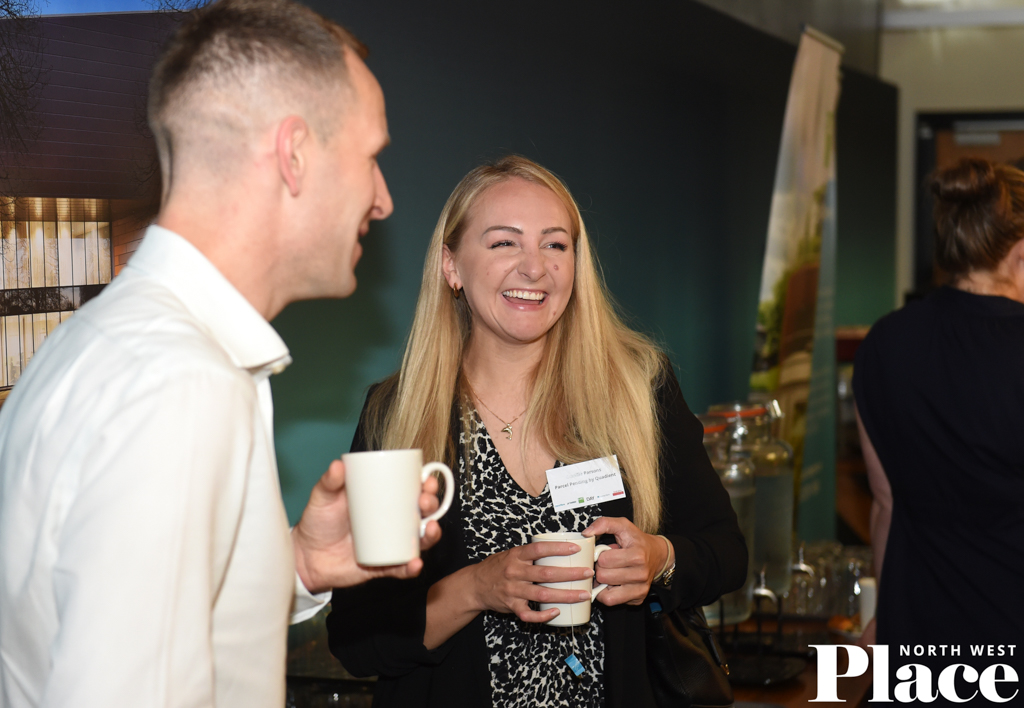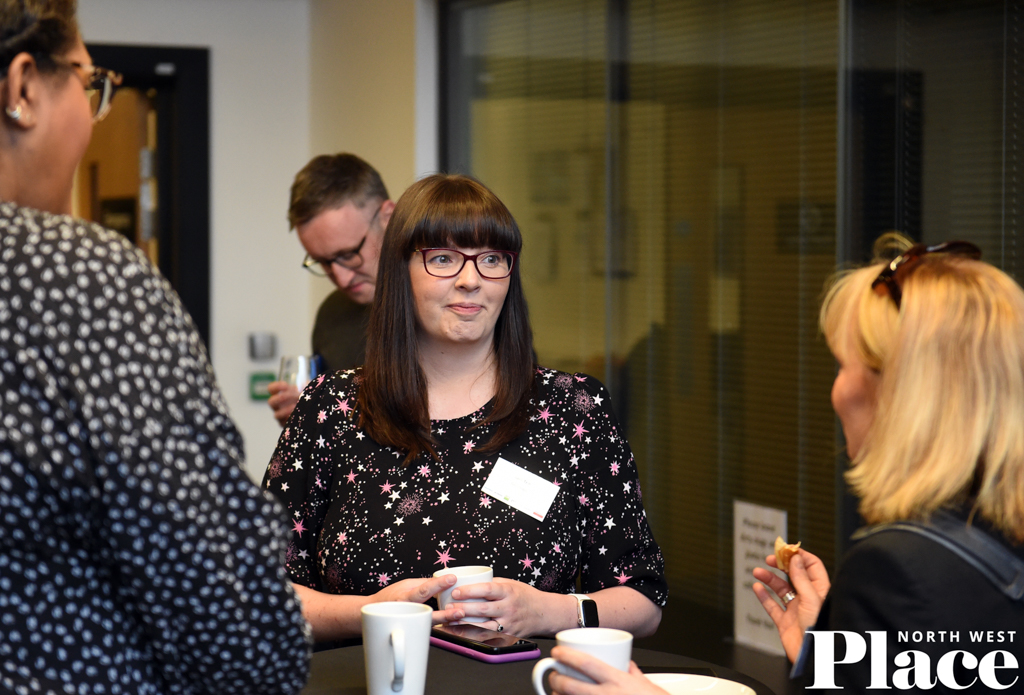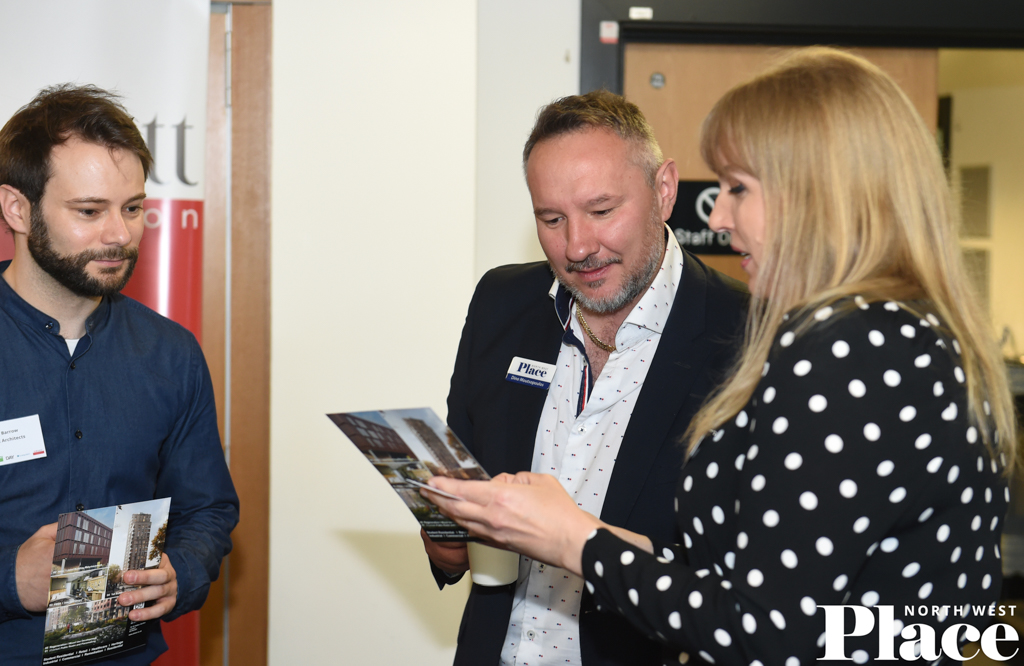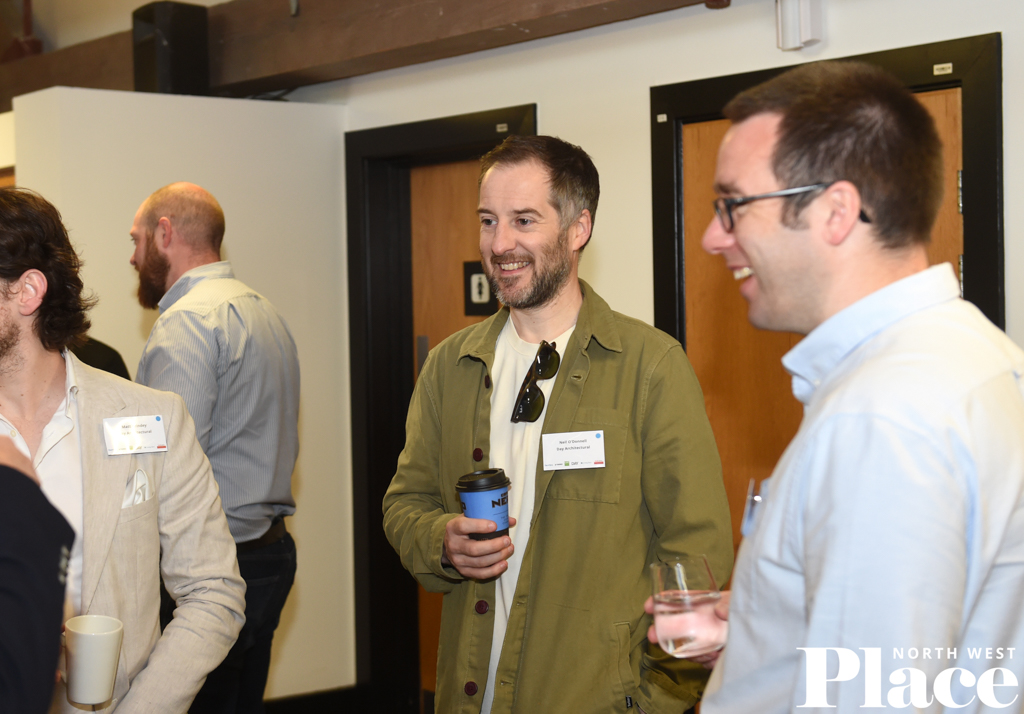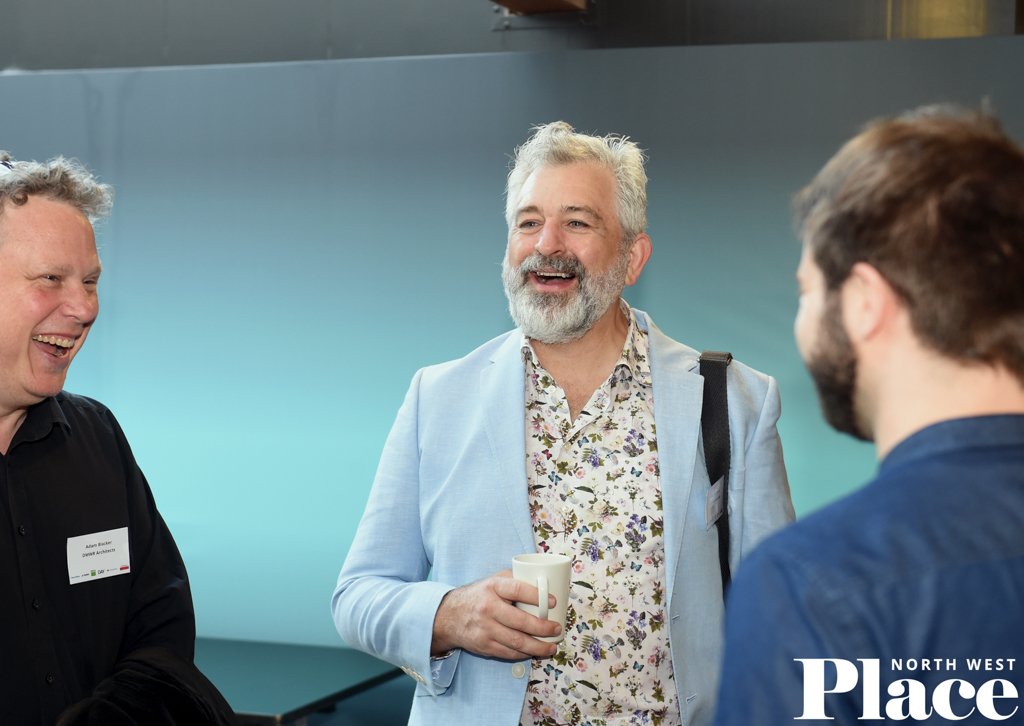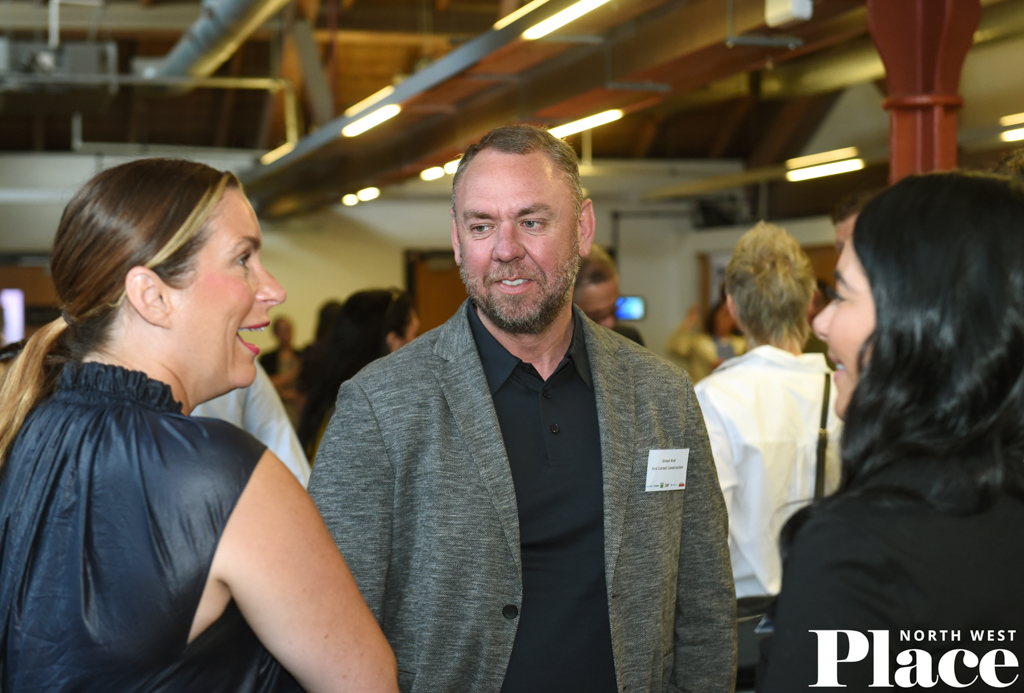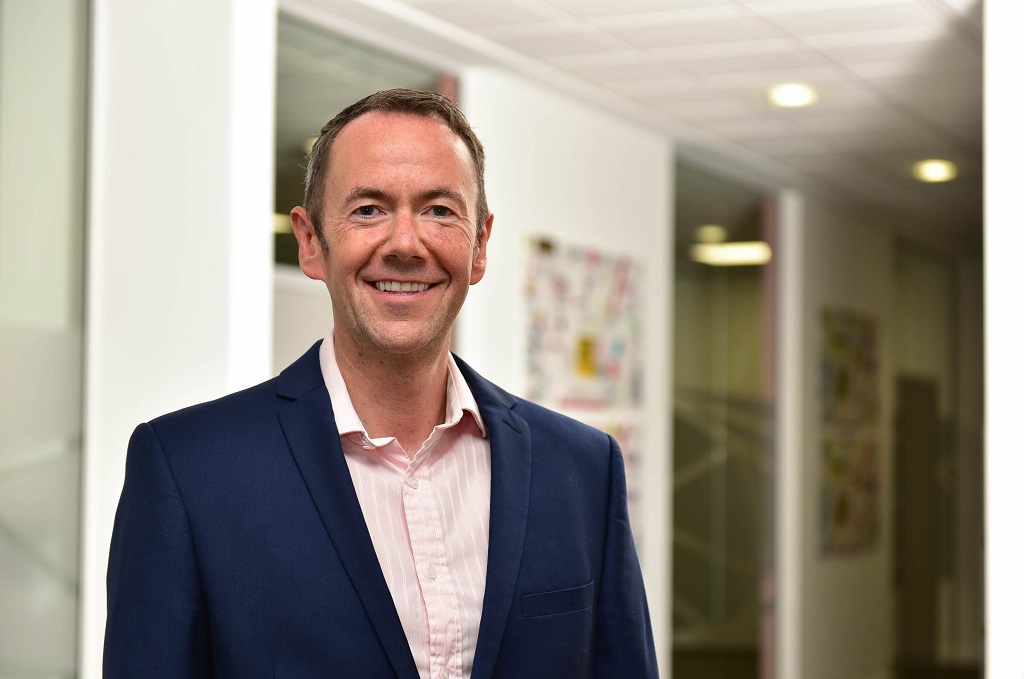Event Summary
Education Property and PBSA | Photos and summary
“The way students learn and the way courses are taught has evolved. The real estate must do the same,” said Dan Whelan, senior reporter at Place North West, as he opened the Education Property and PBSA event at Manchester’s Science and Industry Museum on 25 May.
The event was sponsored by ClearFibre, Yardi, LUC, Day Architectural, Cynergy Bank, and Krol Corlett Construction.
Adaptive reuse
As Whelan described “old and creaking campuses in need of comprehensive redevelopment”, Sally Stone, programme leader at Manchester School of Architecture, said adaptive reuse is one of the most important aspects of architecture today.
“It’s a practice that stretches back almost to the first constructed buildings. They’ve been altered as the needs and the wants of those who use them changes,” she said. “And yet, for a long time, it’s continually lacked the recognition of new build architecture.”
An estate-wide approach
Stone continued: “Adaptive reuse is an artful approach that recognises heritage and culture, combined with a positive vision for the future that can make an environmentally sound contribution.
“But it’s an estate-wide approach that needs to be taken.”
Heather Evans, national head of sustainability for RLB, agreed. She said: “One of the biggest things we promote is looking at an estate-wide strategy, rather than going project by project.
“The way we learn and use spaces across the education sector has completely changed so we need to look at the way we adapt our campuses to make sure they’re fit for purpose.”
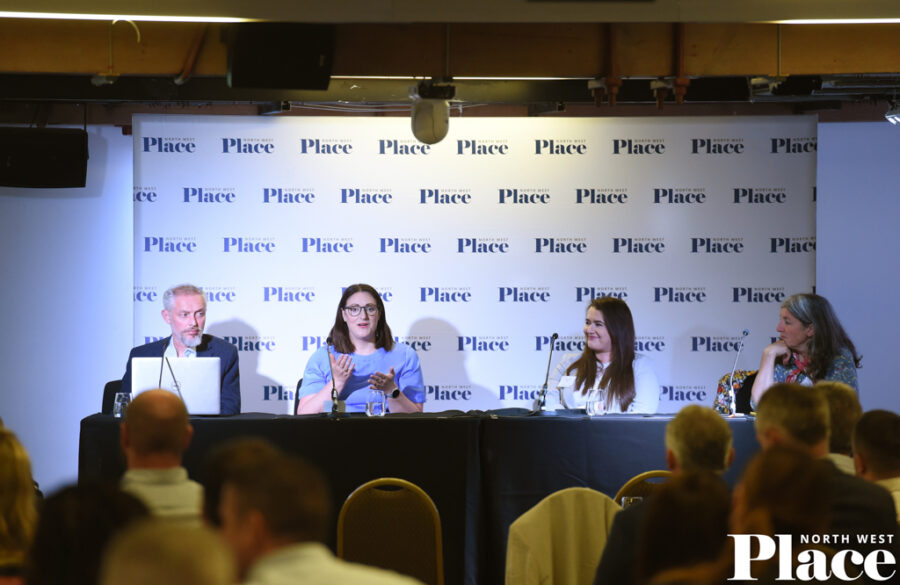
The first panel at the event, from left: LUC’s Tom Jonson, University of Salford’s Bec Bennett, Manchester School of Architecture’s Sally Stone, and RLB’s Heather Evans. Credit: PNW
Your best assets
Evans said: “Your existing buildings are your biggest asset in terms of making sure your carbon emissions are relatively low. We’ve already spent all of that embodied carbon, let’s retain it, let’s keep all of that heritage and the culture in the place and try and improve it and make it more adaptable.”
Bec Bennett, assistant director of sustainability at the University of Salford, said her institution was doing a lot of work around this, particularly creating a masterplan for the Salford Crescent area, and integrating the campus into the community.
“We’ve got a diverse range of buildings and the usage of those is changing,” she said. “Some of the latest student surveys say loneliness is an issue post-Covid so we need to create spaces that enable collaboration and social learning.”
Stone added: “It can encourage students to interact a lot more by creating spaces that are deliberately inconvenient, by coming out of a lecture to walk through the café so they’re going to meet people.
“By not having stairs at the very edge of the building – putting them in the middle, so they bump into each other,” Stone continued. “And this is not just within universities, this is within commercial operations as well.”
Outside space
Bennett said increasing connections between internal and external spaces was a priority, something backed by Tom Jonson, director of landscape architecture at LUC.
He was asked how to make it more appealing for students to be on campus rather than in their room or online.
He said: “You’ve got to make the student experience exciting and, as part of that, you’ve got to get the external realm right as it’s often the only space which is open to all.
“The Covid-19 experience demonstrated how important it is for people to have access to open space – not just cosmetic green spaces, more about having meaningful contact with nature.”
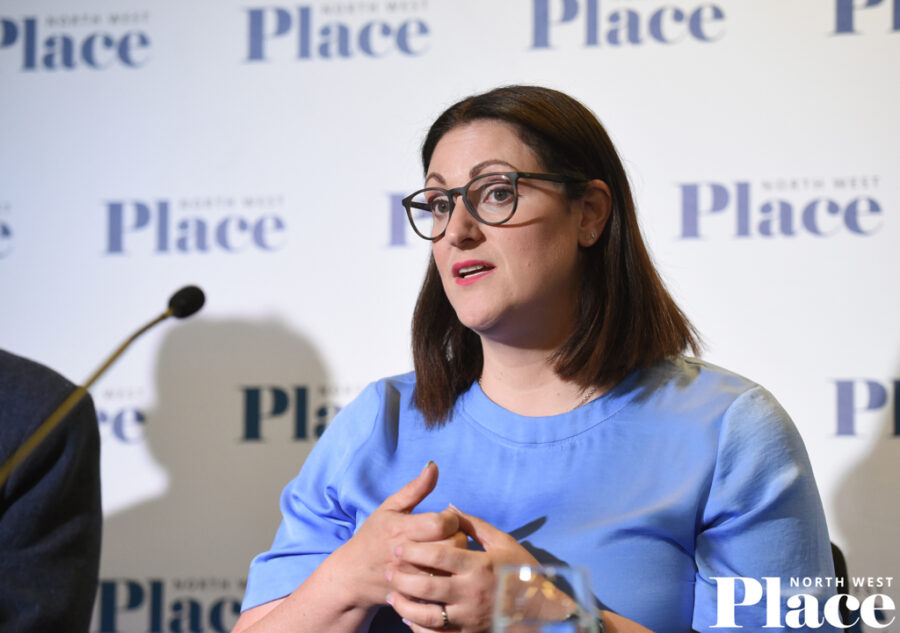
University of Salford’s Bec Bennett: ‘We need to create spaces that enable collaboration and social learning.’ Credit: PNW
Room for all
Evans was asked about driving non-student footfall.
She said: “We’ve got examples of that in cities like Leicester where the universities are working with the NHS trusts and local councils to develop green corridors. It also makes sure that you are retaining that sense of place. People navigate around cities by big areas, and one of those is the universities.”
Changing times
Stone said: “If you’re remodelling a building now you’re looking at what the needs are in 10 years’ time. It isn’t the students who are at university now – it’s the students who are in primary school at the moment. And what will education be like in 10 years’ time? That’s the difficult thing.”
Bennett added: “We’re moving away from bigger rooms and large lectures to more practical discussion-based learning which is encouraging people to come back onto campus for their specialist technical areas. Being able to build in that flexibility is key.”
Jonson said: “When I first started out we were designing very pristine external realms. Now spaces need to work hard in terms of sustainability, climate change, and biodiversity.
“One project I worked on took out all the existing drainage and put in rain gardens,” he continued. “That saved the equivalent of two and a half Olympic-sized swimming pools every year being discharged into the adjacent river helping flooding downstream.
“If we were digging up road surface, we’d use that for a drainage medium. We recycled green waste to treat subsoil and create a manufactured topsoil. It had a massive impact in terms of walking and cycling and was a flexible space for the university as well.”
Money matters
Stone said: “It is probably more expensive to adapt a building than knock it down and build something new, but there’s inherent worth within the building itself. Economically, it may be cheaper to rebuild it, but there’s a more skilled workforce needed. Most people want to live or occupy an environment that has history and heritage and culture in it.”
Evans added: “Financial institutions and funders are really driving the ESG agenda so it is about developing that switch in mindset to make sure that the value isn’t just around financial return.”
During the second panel, when asked about the cost of borrowing, Jack Poxon, relationship manager for Cynergy Bank, said: “A lot of customers ask me about rates. Cost of finance is increasing and it ultimately restricts the amount of funding we can provide.
“It is creating a bit of a funding gap overlaid with operational costs, which is a real barrier to getting the funding needed to facilitate some of the purchases that we’re talking about.”
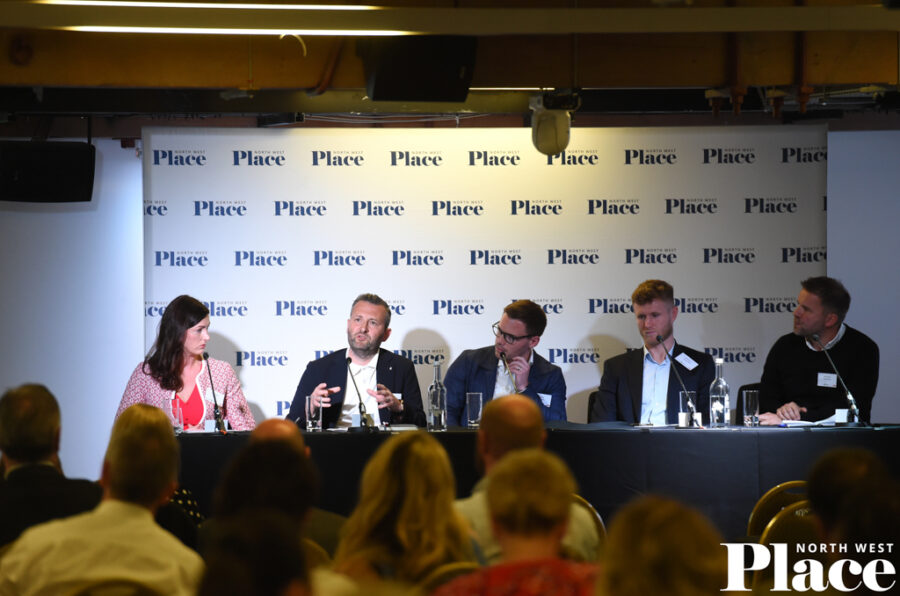
The second panel at the event, from left: Savills’ Verity Cubitt, Day Architectural’s Marc Henshaw, Vita Group’s Max Bielby, Cynergy Bank’s Jack Poxon, and True Student’s Ben Morley. Credit: PNW
The numbers game
“UCAS estimates there could be up to one million university applicants in a single year by 2030,” said Verity Cubitt, director at Savills, during the second half of the event.
“The UK remains one of the key global destinations for students looking to study abroad. There are more than 600,000 international students in the UK today, over 200,000 up from five years ago. This is a huge positive for PBSA demand as international students are 60% more likely to live in PBSA than domestic students.
“60% of students still live within HMO style accommodation. Since 2017, however, there have been over 300,000 buy-to-let mortgage redemptions in the UK, as changes to taxes have made investment less attractive for private landlords.
“This is creating supply shortages for students and leading far more to consider PBSA. There is a compelling opportunity for investors and developers.”
Poxon responded: “Yields have been resilient. A lot of our customers at Cynergy Bank are not necessarily the big operators, developers, and investors. They’re more regional, and they’re getting offers from both international and domestic capital. There’s a lot of people trying to get into this.”
Max Bielby, chief operating officer of Vita Group, added: “We’ve got institutions investing in our PBSA from Germany, Singapore, across Europe and Southeast Asia. We’ve certainly seen more interest in the last couple years from international capital.”
Family homes
Cubitt said local authorities were keen to see HMOs changed back to family homes, but she said in places like Leeds, the council was in favour of large PBSA towers to allow HMOs in areas like Headingly returned to family-style accommodation.
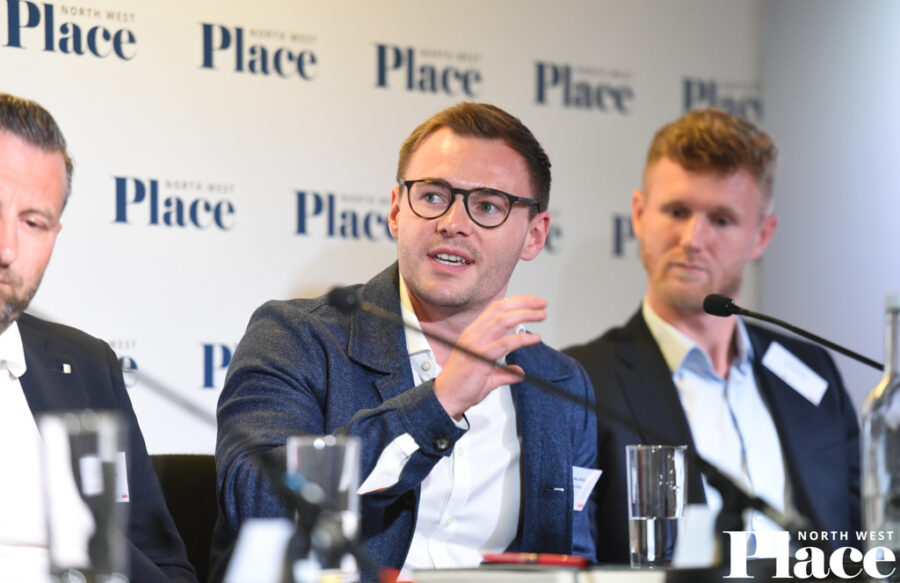
Vita Group’s Max Bielby: ‘We want to recruit international students to the UK and be a global player.’ Credit: PNW
Quality counts
There was much reminiscing of the poor quality student accommodation the panellists experienced during their time at university.
Marc Henshaw, board director for Day Architectural, said the room he had in Leeds was £35 a week – now it’s £135. All the accommodation had single beds, no ensuite, with the only amenities a snooker room and a bar.
“The accommodation came second fiddle to the courses,” he said.
And the panel agreed that today’s students expected more, and wanted to know what they were paying for – from personal trainers to concierge services, daily events programmes, and shared living spaces.
Ben Morley, managing director of True Student, said: “The all-inclusive model is very attractive for students right now. That gives them certainty. But it’s not enough just to open the doors and expect that people will come.
“We operate dynamic pricing, much like you’d get on an aircraft,” he continued. “Different rooms priced at different times with a kind of hotel model. It’s a more commercial approach.
“The design is ever evolving, but it is focused around natural light, natural ventilation, position of desks. I can’t think of a scheme we’re doing at the moment without roof terraces.”
Bielby said: “They need to be treated not as pariahs in the rental market, but as consumers and customers. They need locations that are suitable and safe and secure. They’re unfamiliar with the city that they’re coming to and it’s our opportunity to give them a fantastic experience, have an affinity with our culture, and embed them into the economy of the city.
“Manchester competes with Melbourne and Massachusetts,” he continued. “We want to recruit international students to the UK and be a global player. Yes, the academia needs to be up there, but it’s the wider living experience that they encounter when they come.”
Morley added: “In Liverpool, Manchester, and Salford, 40% stay in their cities and that’s an amazing opportunity for that city.”
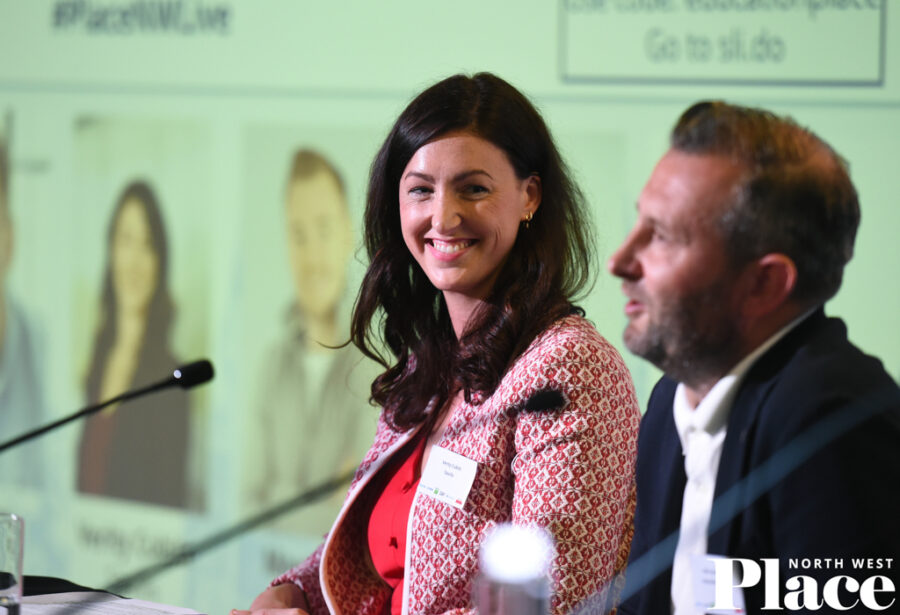
Savills’ Verity Cubitt: ‘Ultimately, the university is looking to release their capital and invest it into providing better teaching space.’ Credit: PNW
A partnership approach
Whelan asked if a lack of investment by universities in accommodation was a dereliction of duty on their part.
Cubitt replied: “Ultimately, the university is looking to release their capital and invest it into providing better teaching space. They don’t feel that they can develop and operate PBSA as well as the private sector can. I think what we’re going to see going forward is more partnerships with universities and developers, seeing how we can balance requirements.”
Bielby said: “We often have hurried conversations with universities, late into the cycle when we’re already fully booked, and it’s dawning upon them they’ve got too many applicants, and they need to house them. I wish was there more engagement.”
Morley said: “Students are the most talented people in our business and we need to collaborate more.”
What next?
Asked what will happen when the land runs out and whether councils need to keep reconsidering their policies on PBSA, Henshaw said: “We know there are lots of sites that are stuck in limbo. So they’re either stuck in the planning system, or they’ve got planning, but because of build costs, operational costs, they’re not moving forward.
“I think it’s about evaluating on a site-by-site basis. Does it fit in with the local environment? Has it got sustainable transport links to the university? I think that’s the only way that that will happen.”
Slides
The next Place event
Join Place on 8 June for our Cheshire Development Update to hear from local authorities, operators, and developers about why this county is worthy of your investment. Speakers include Cllr Richard Beacham, deputy chair of Cheshire West & Chester Council; Daniel Bourne, head of asset management at Bruntwood SciTech; and Profesor Eunice Simmons, vice chancellor at the University of Chester. Book your tickets.
Click image to launch gallery


